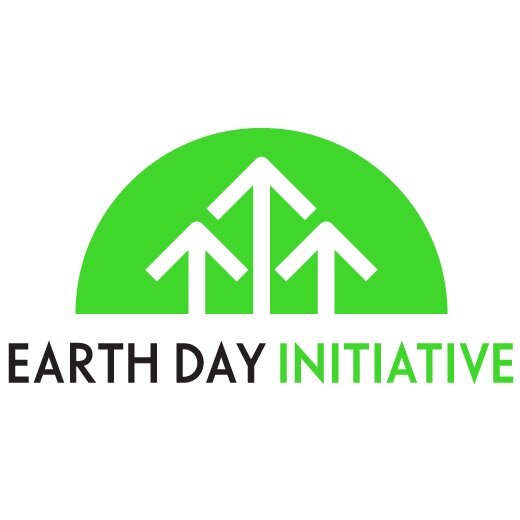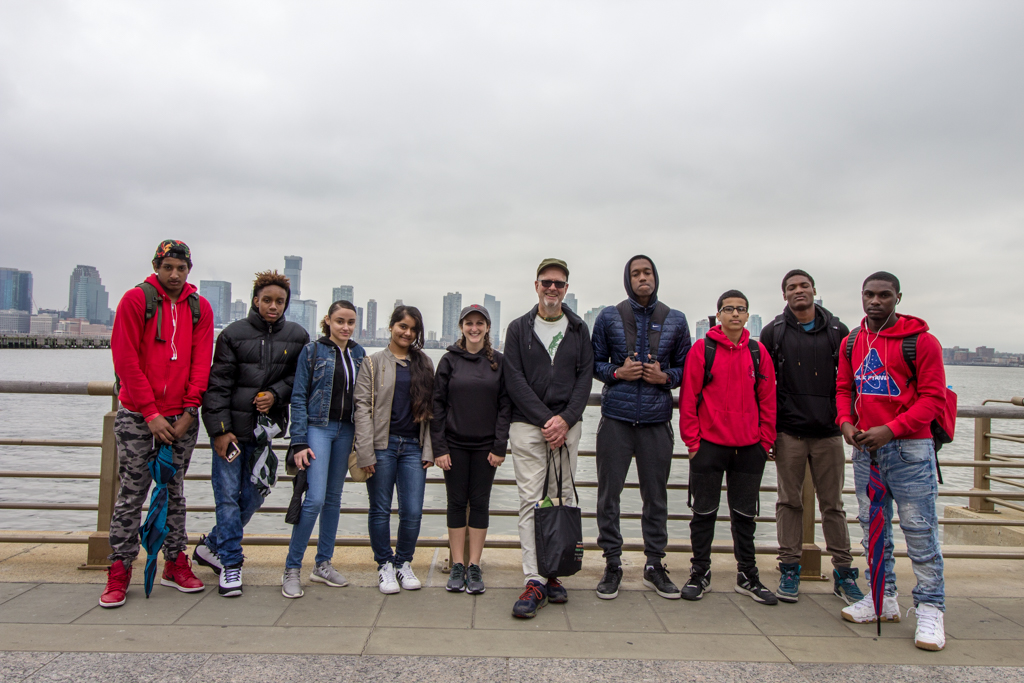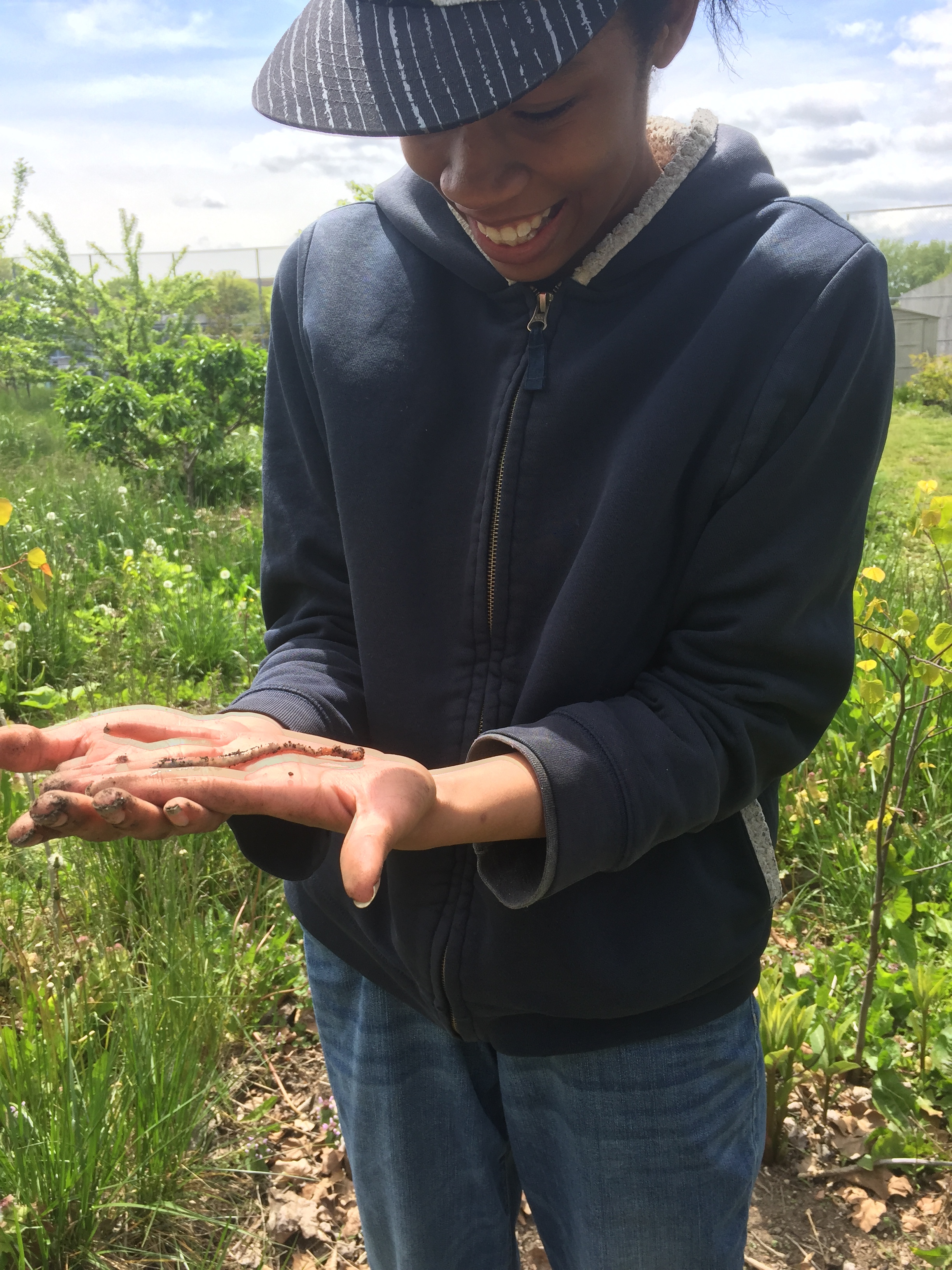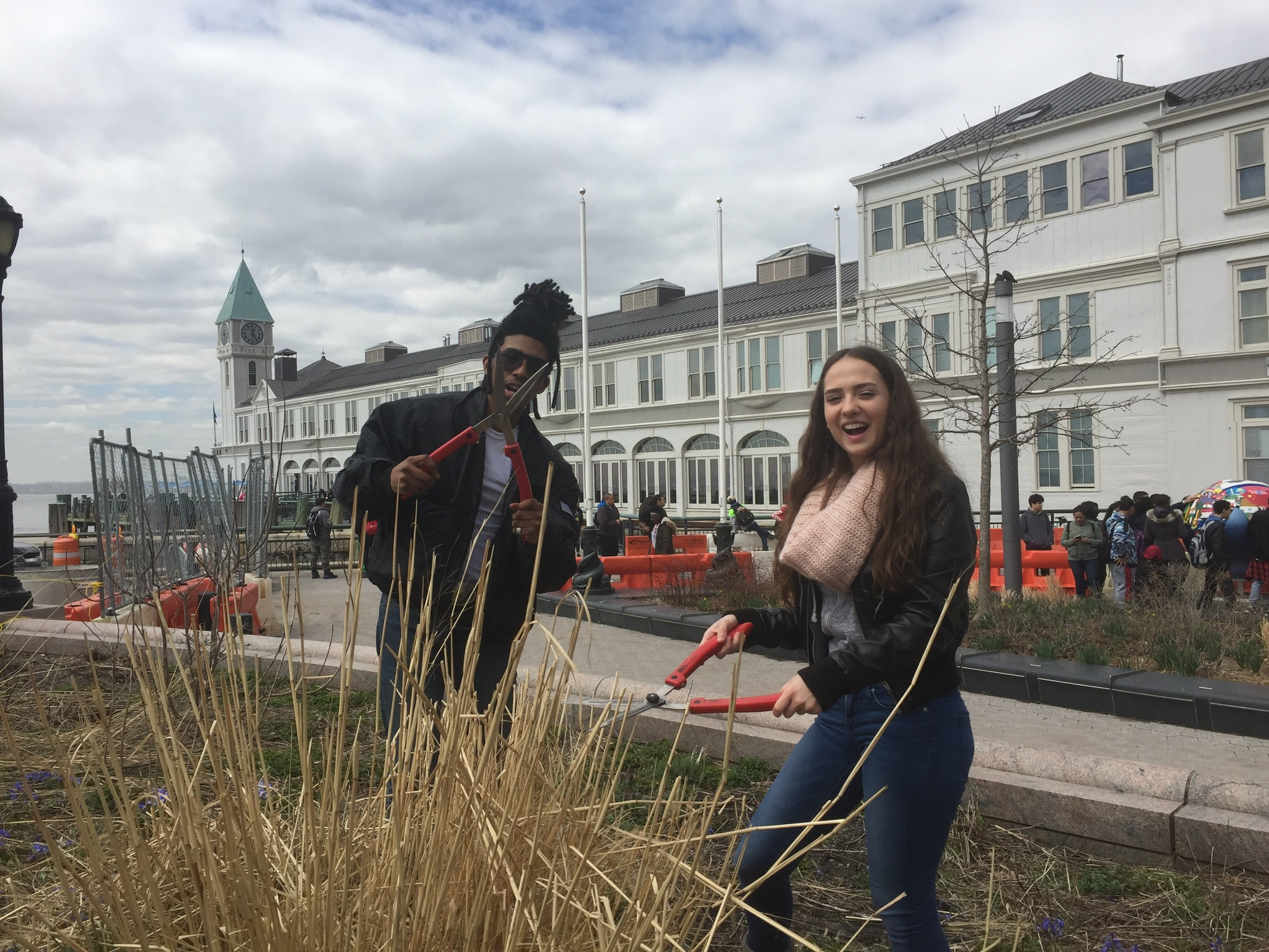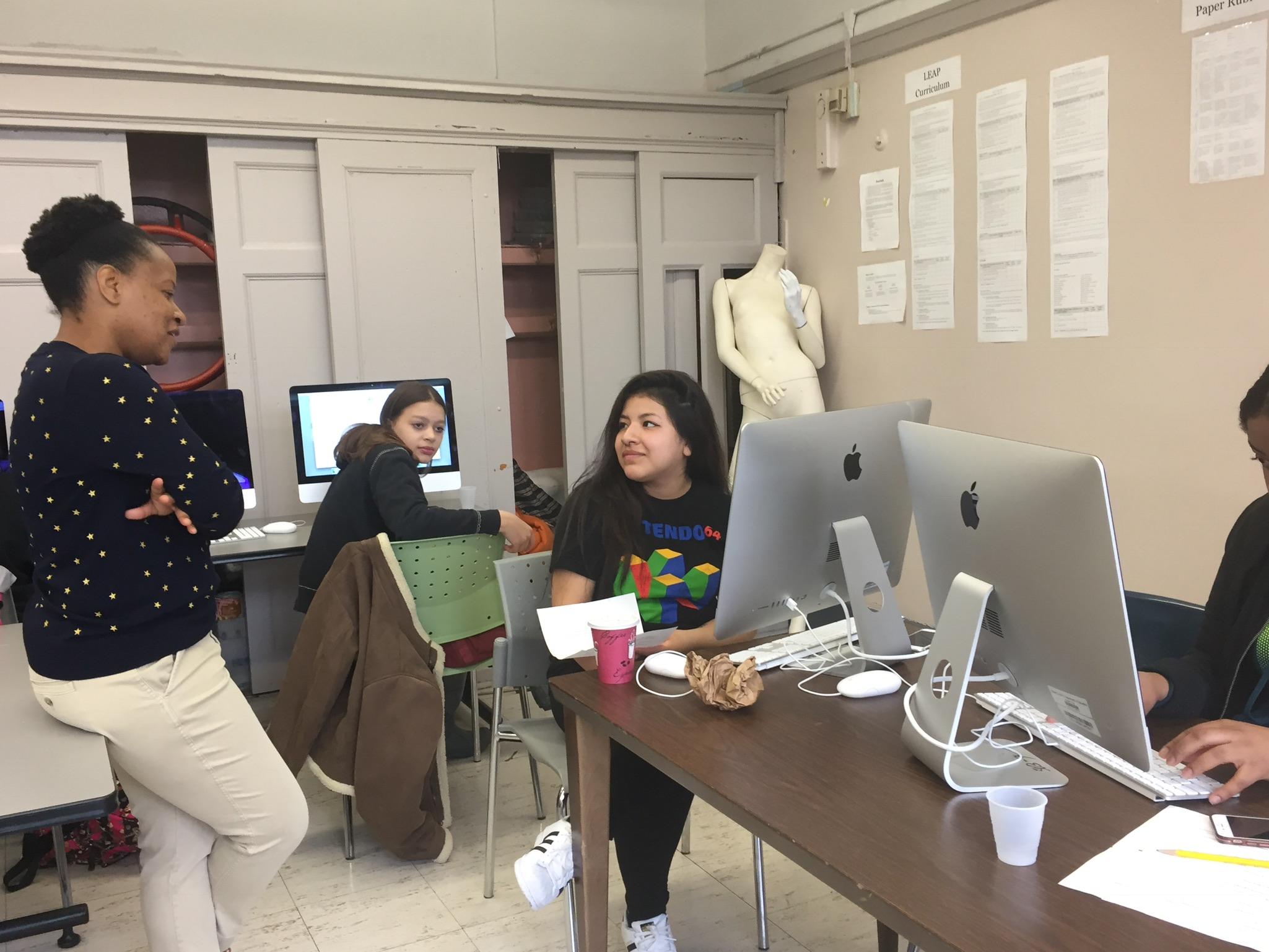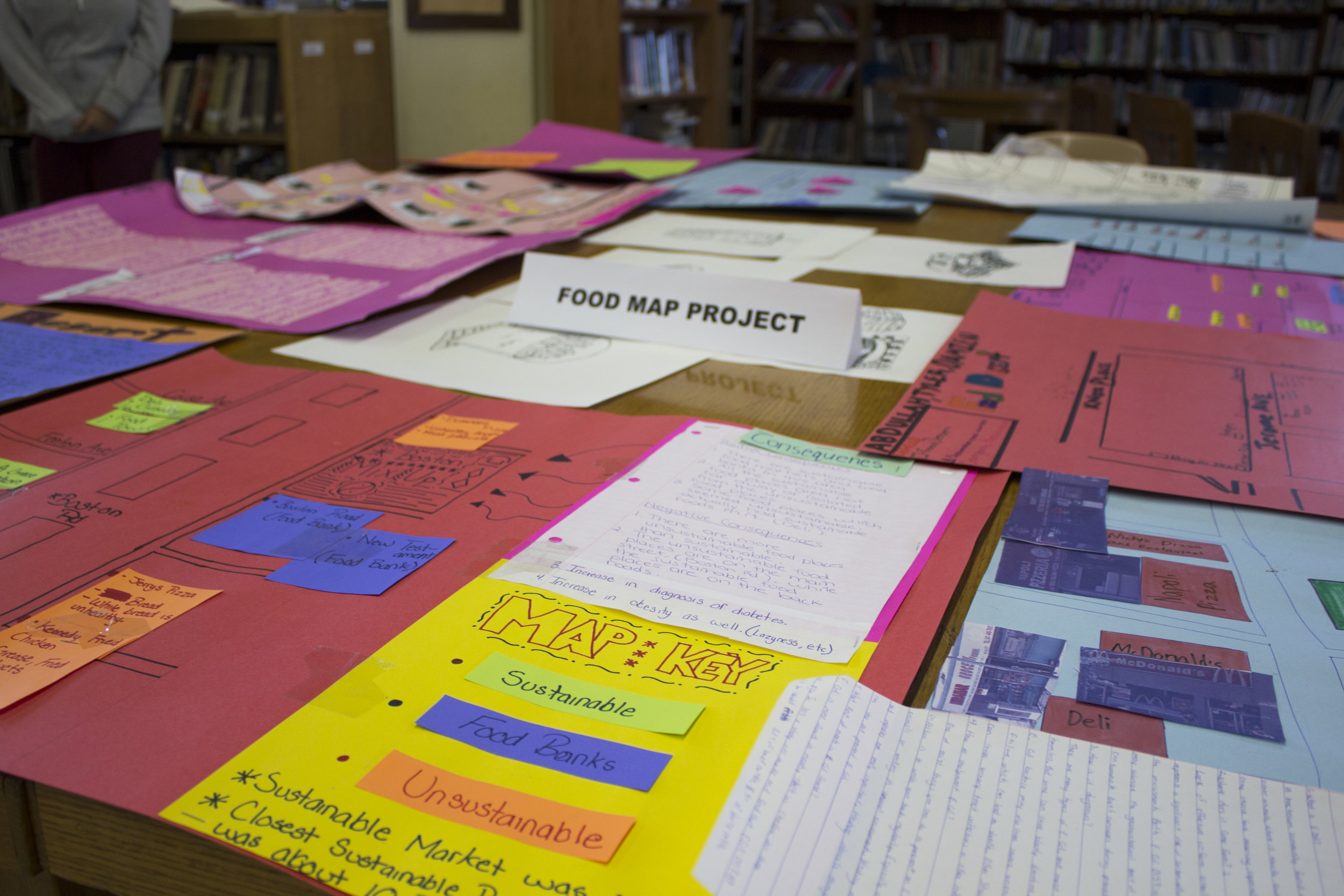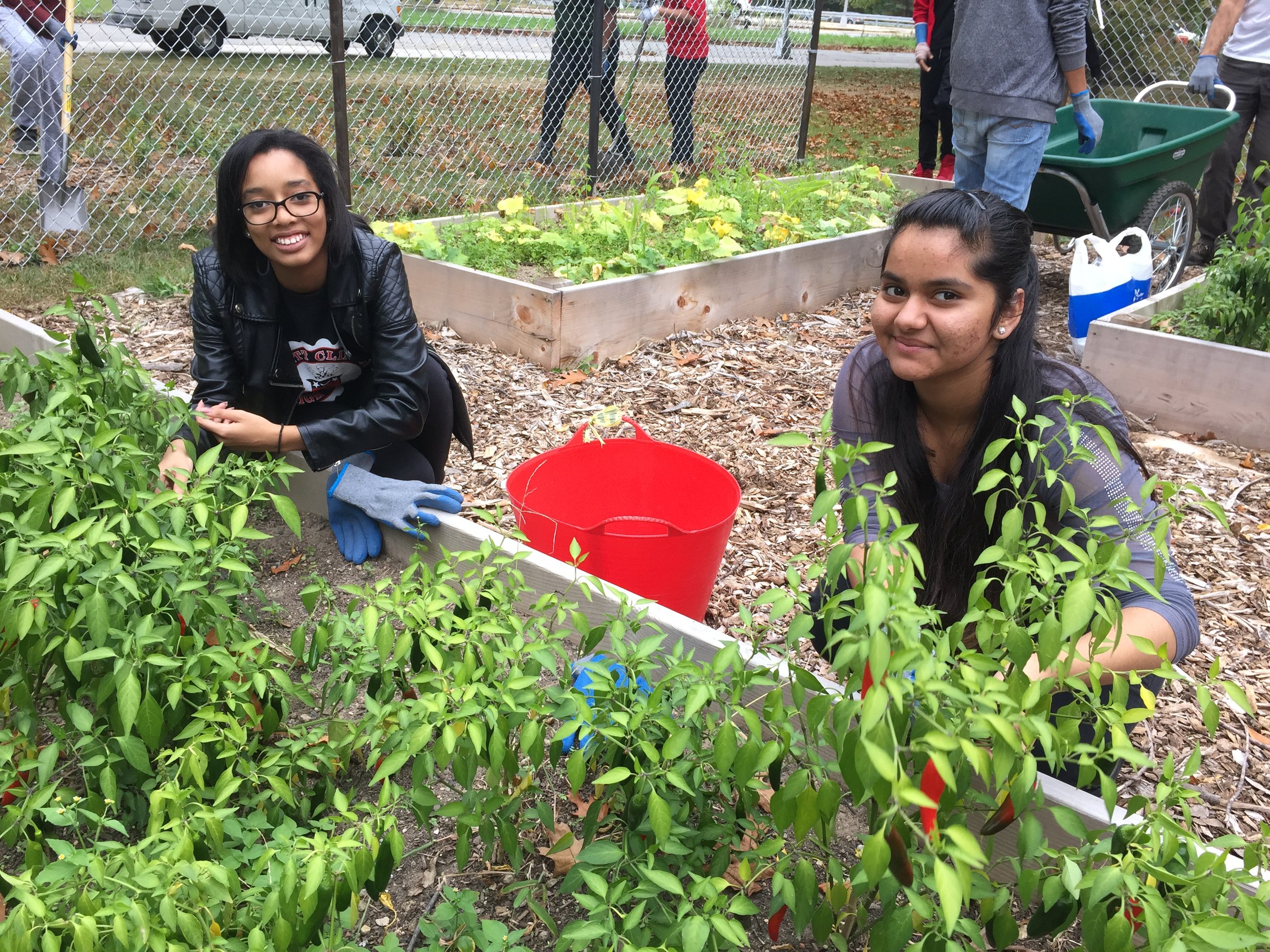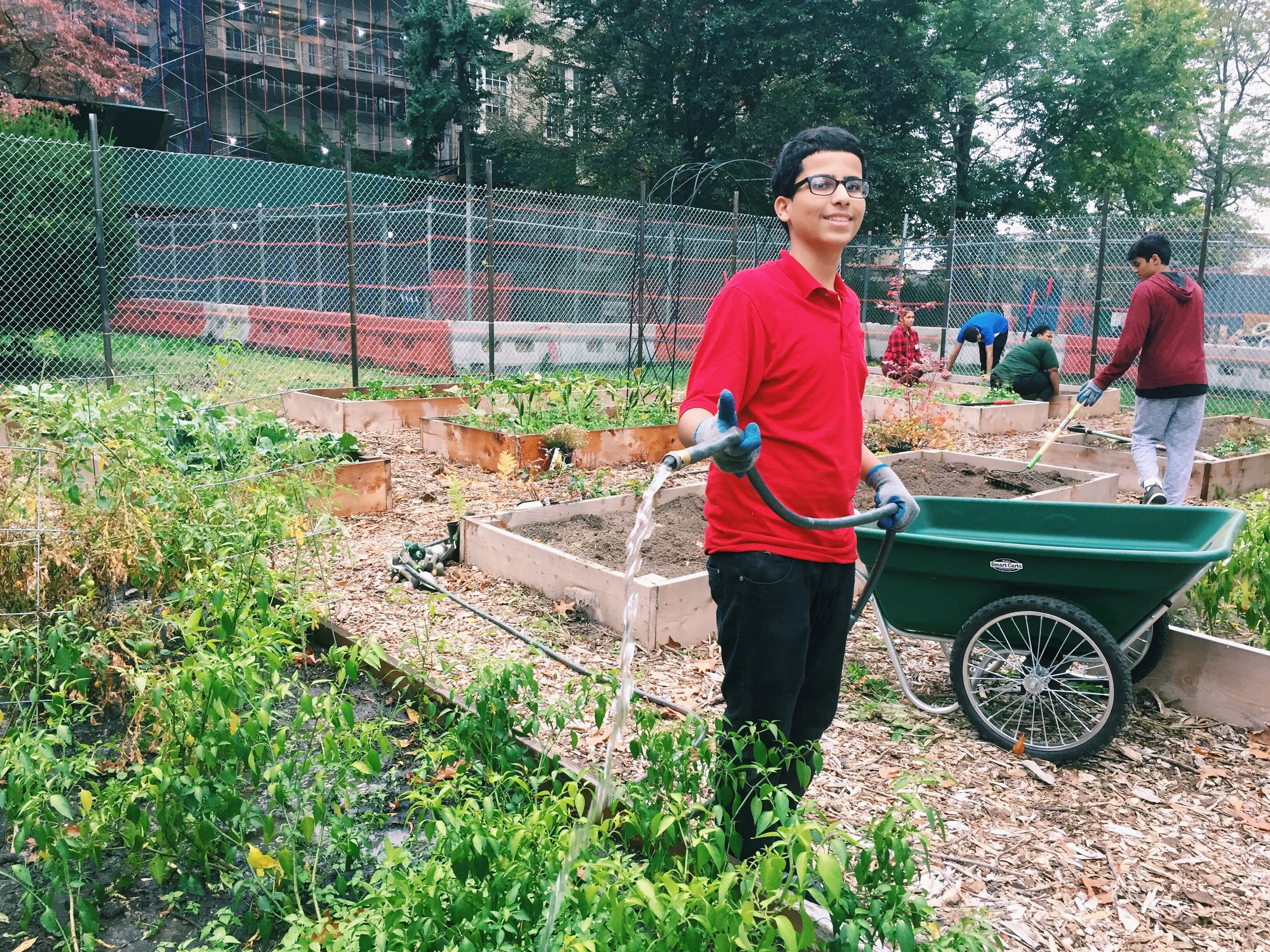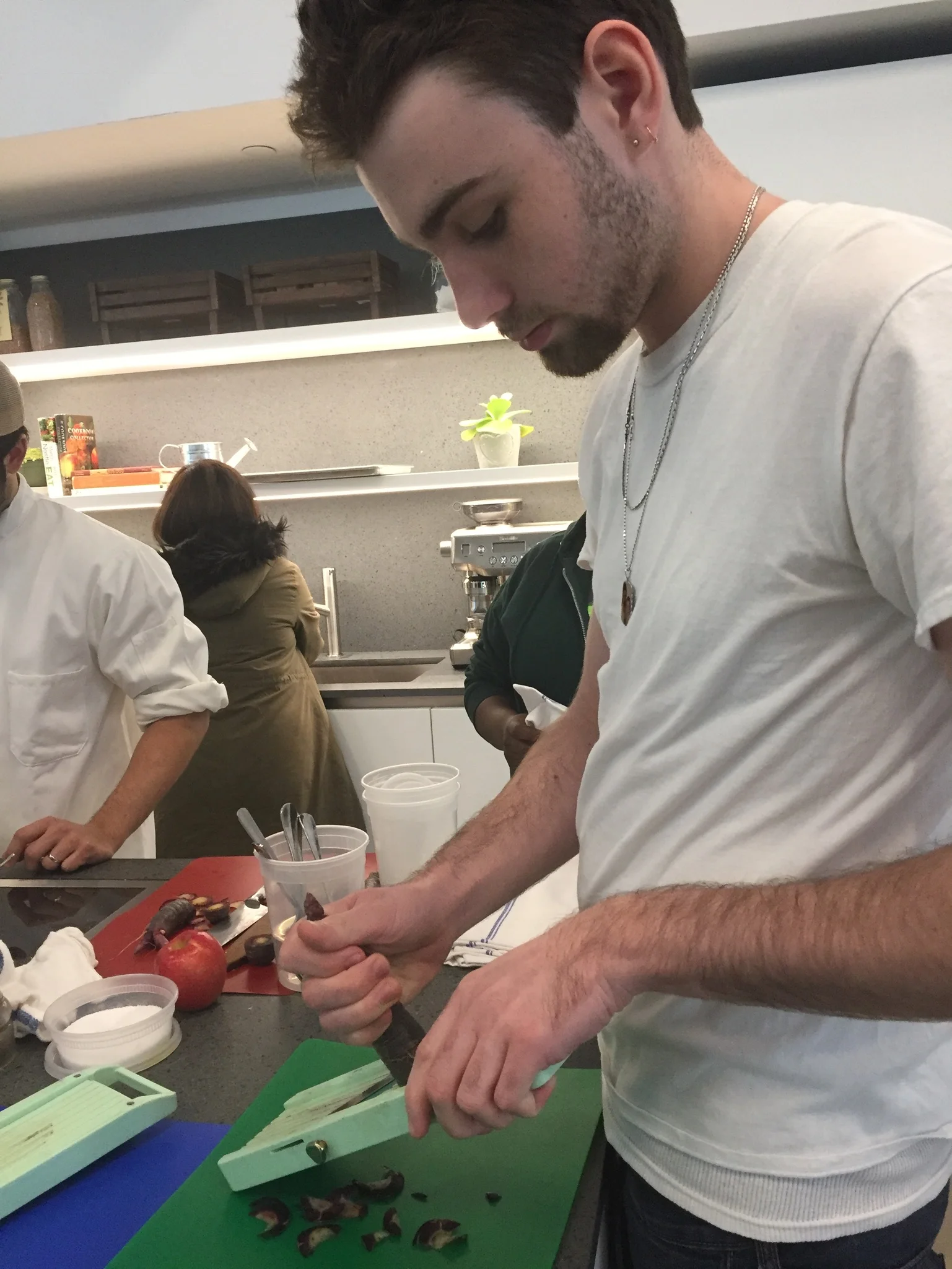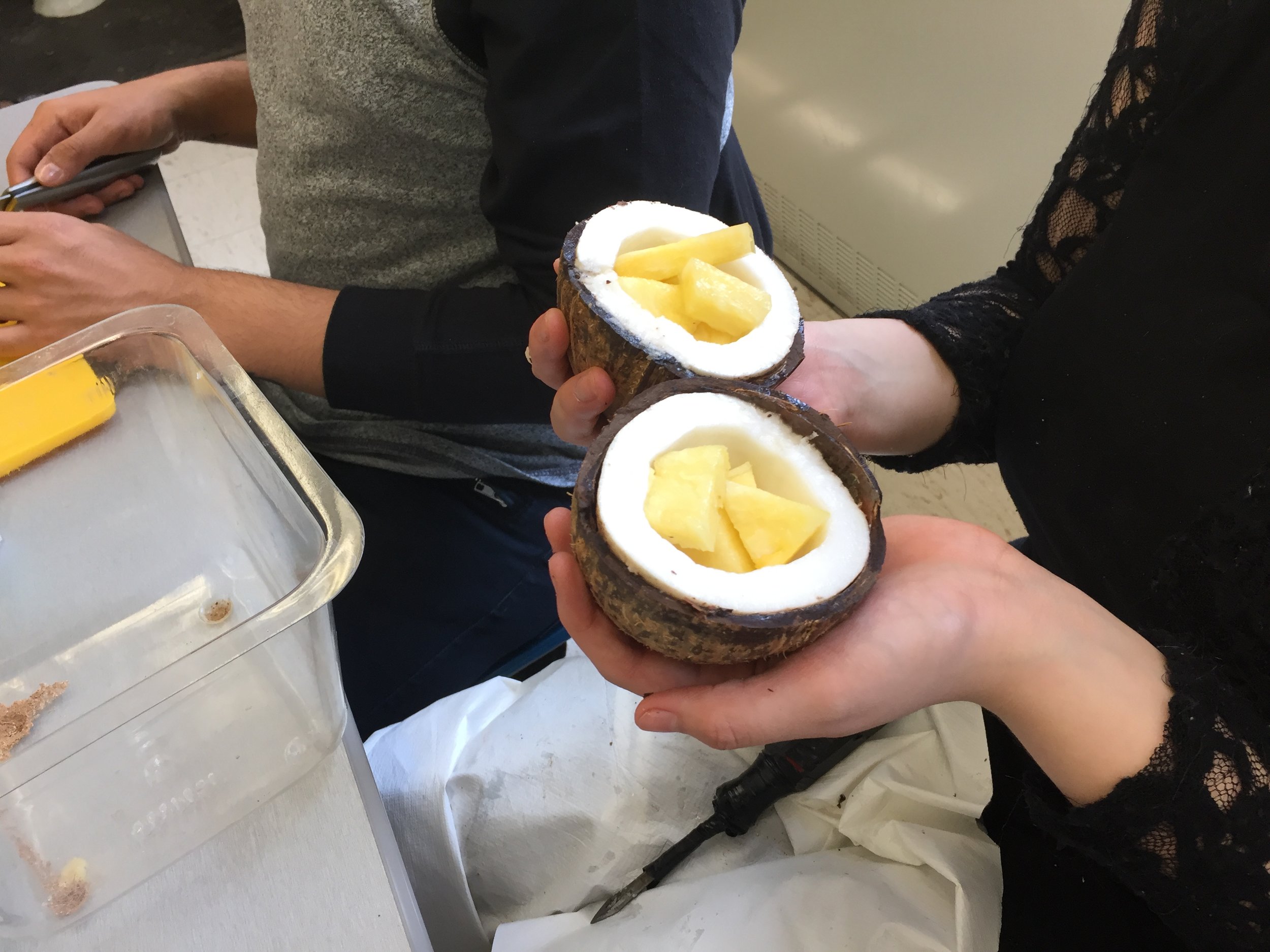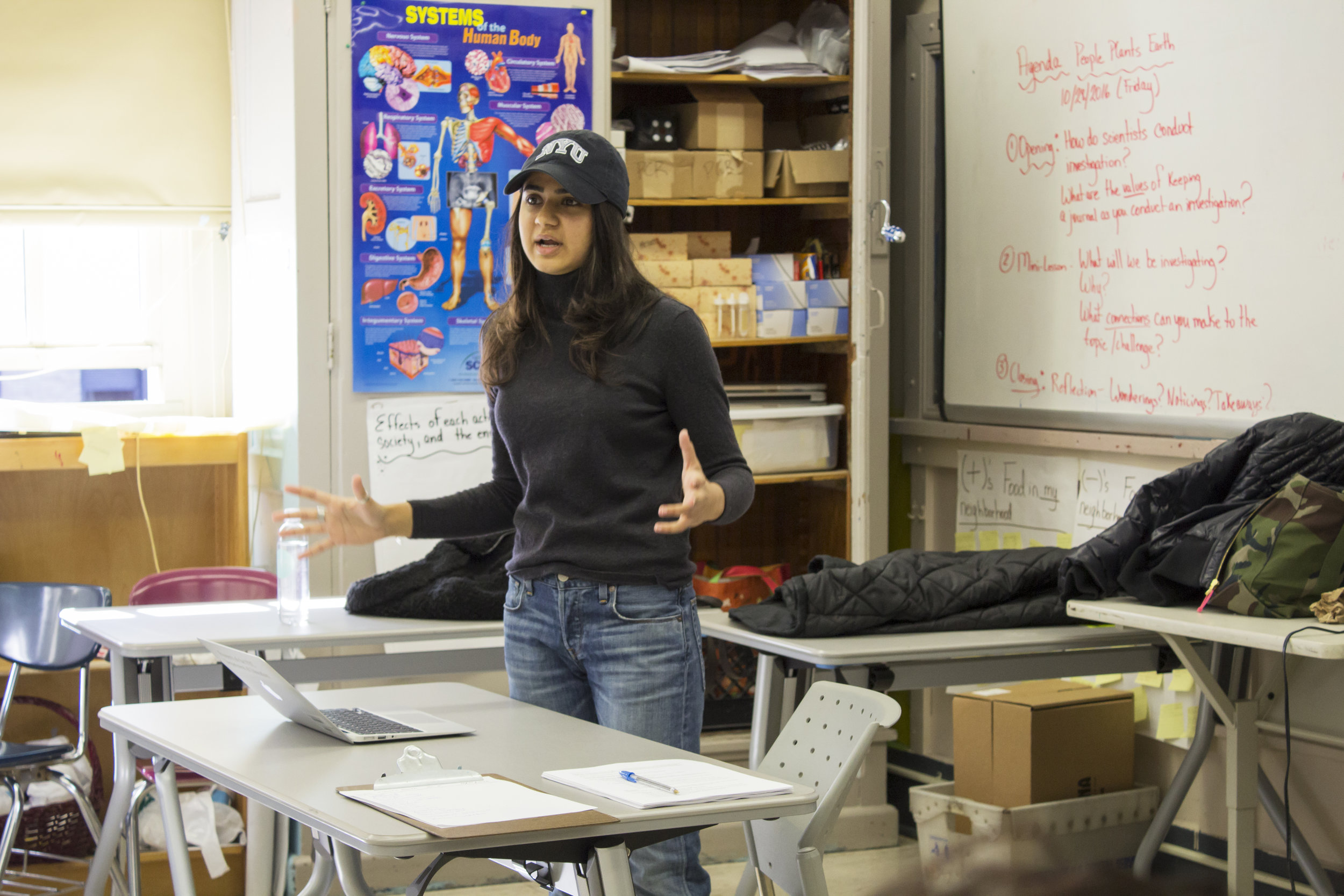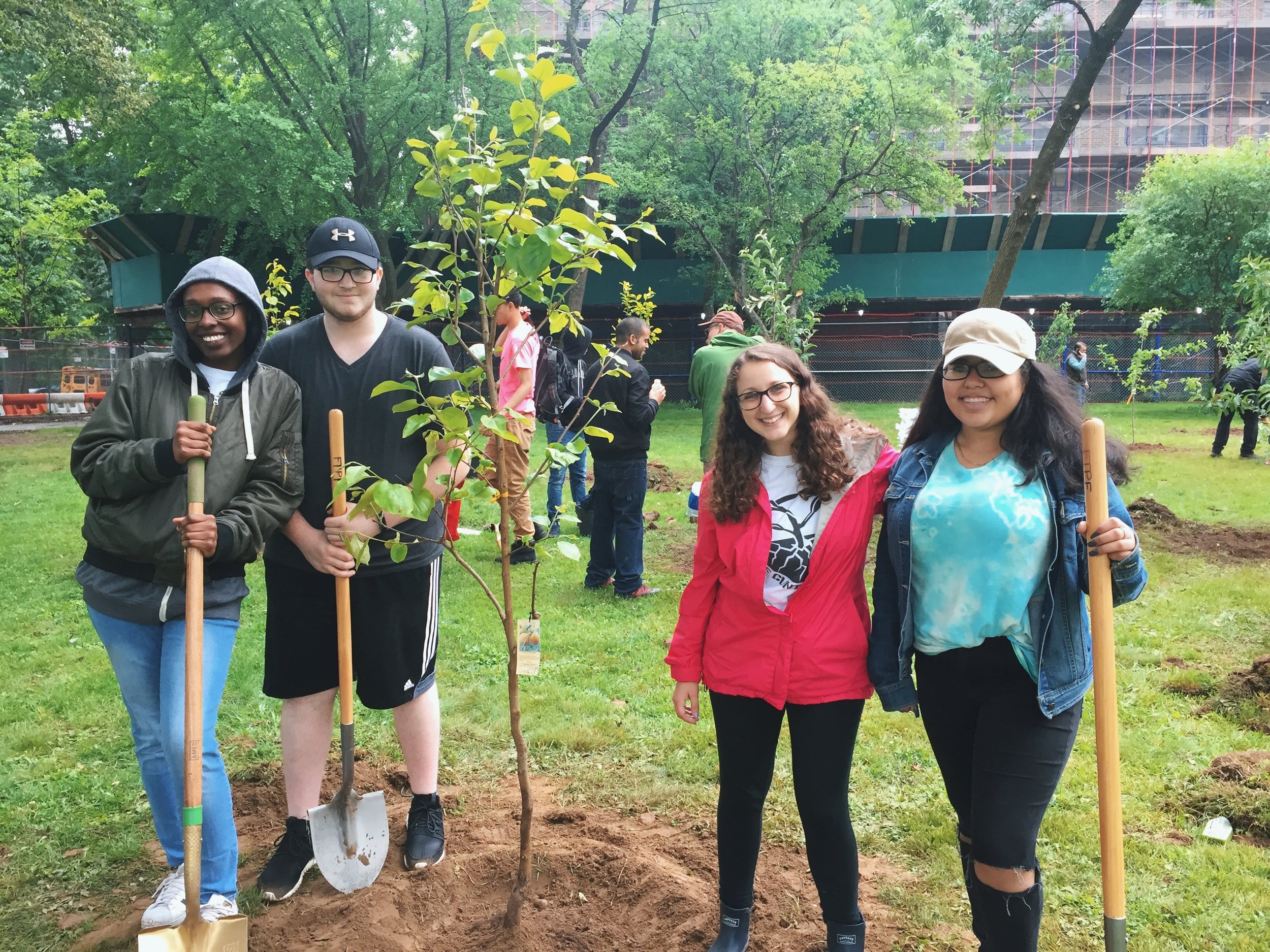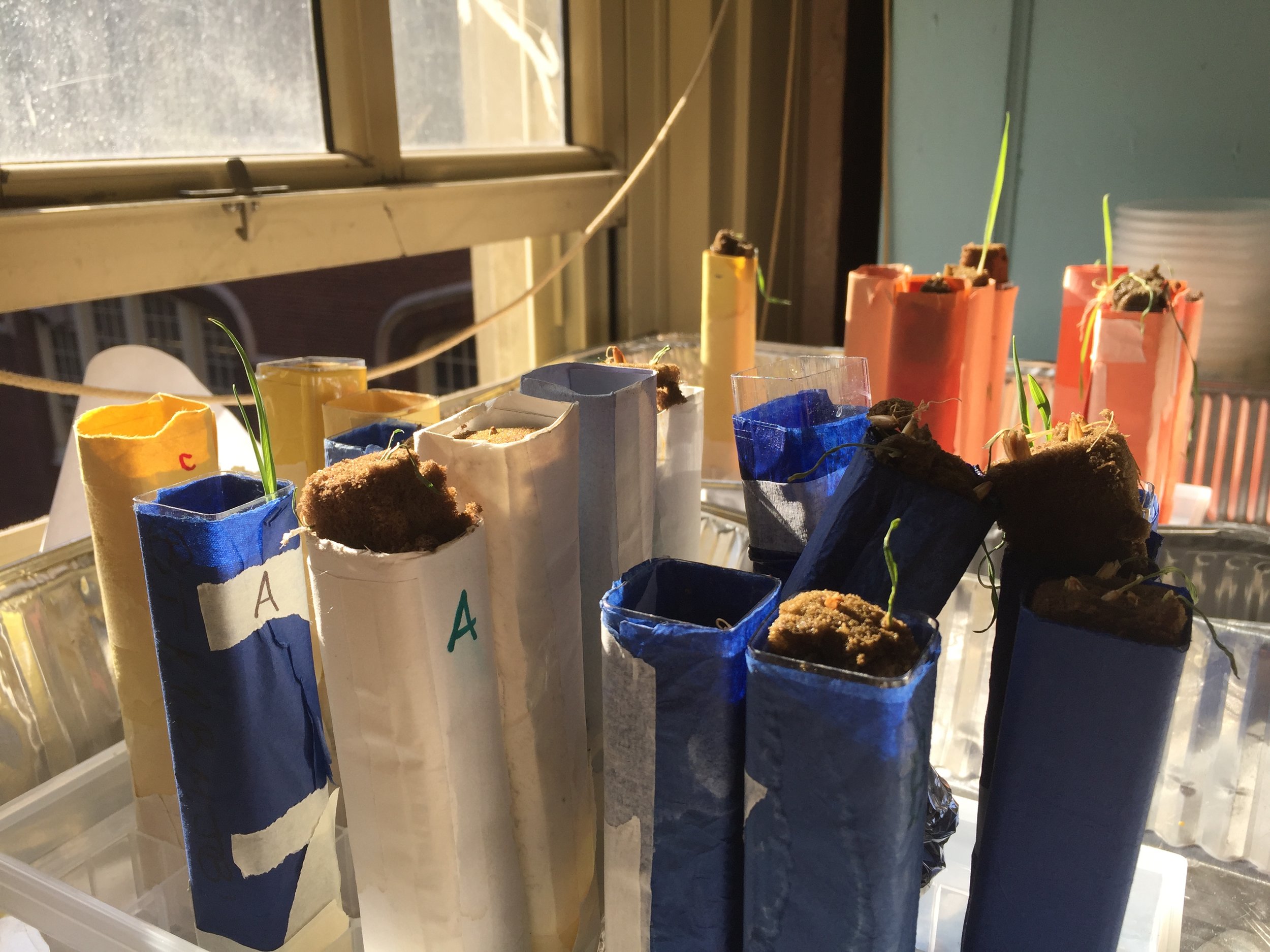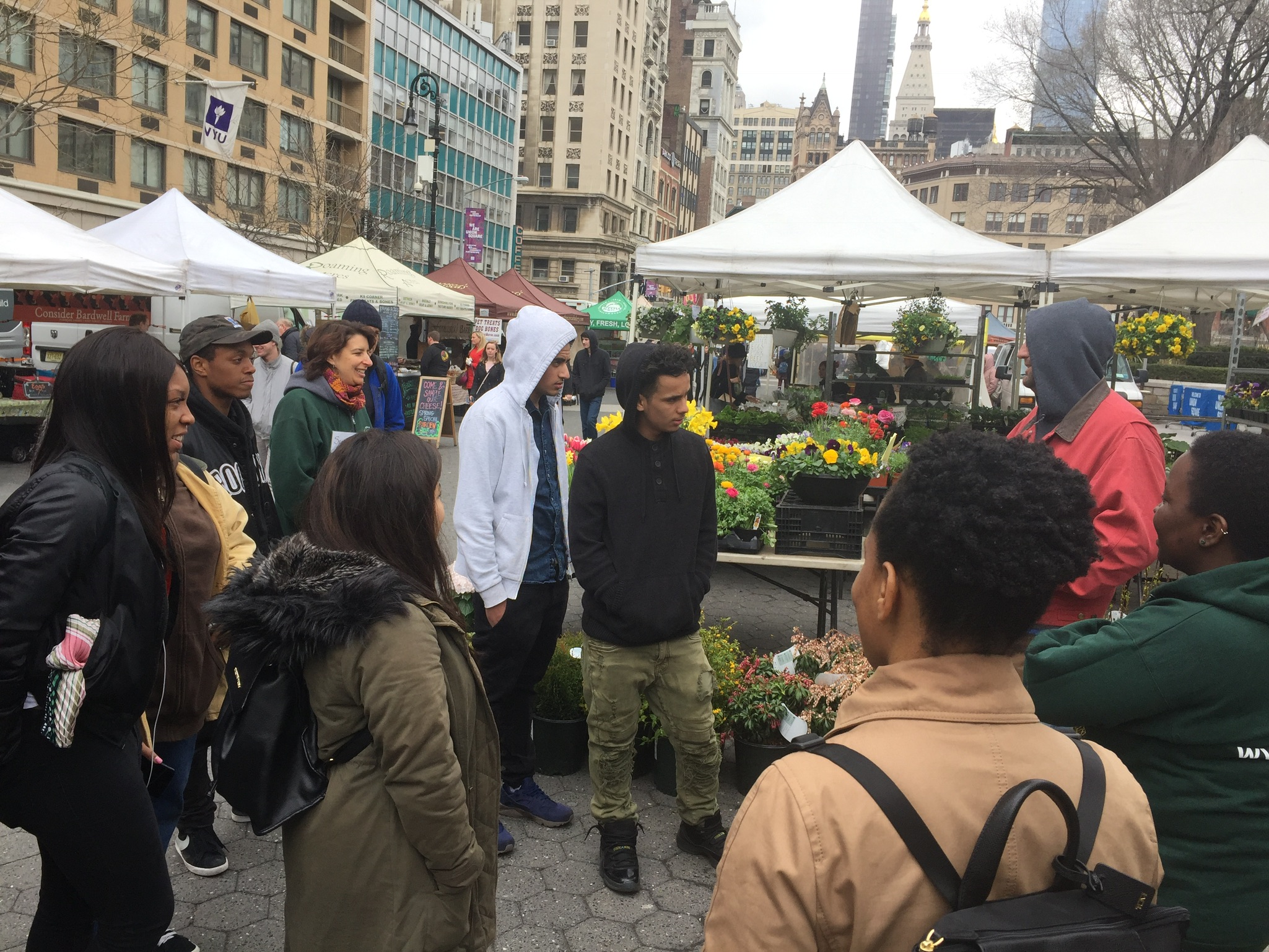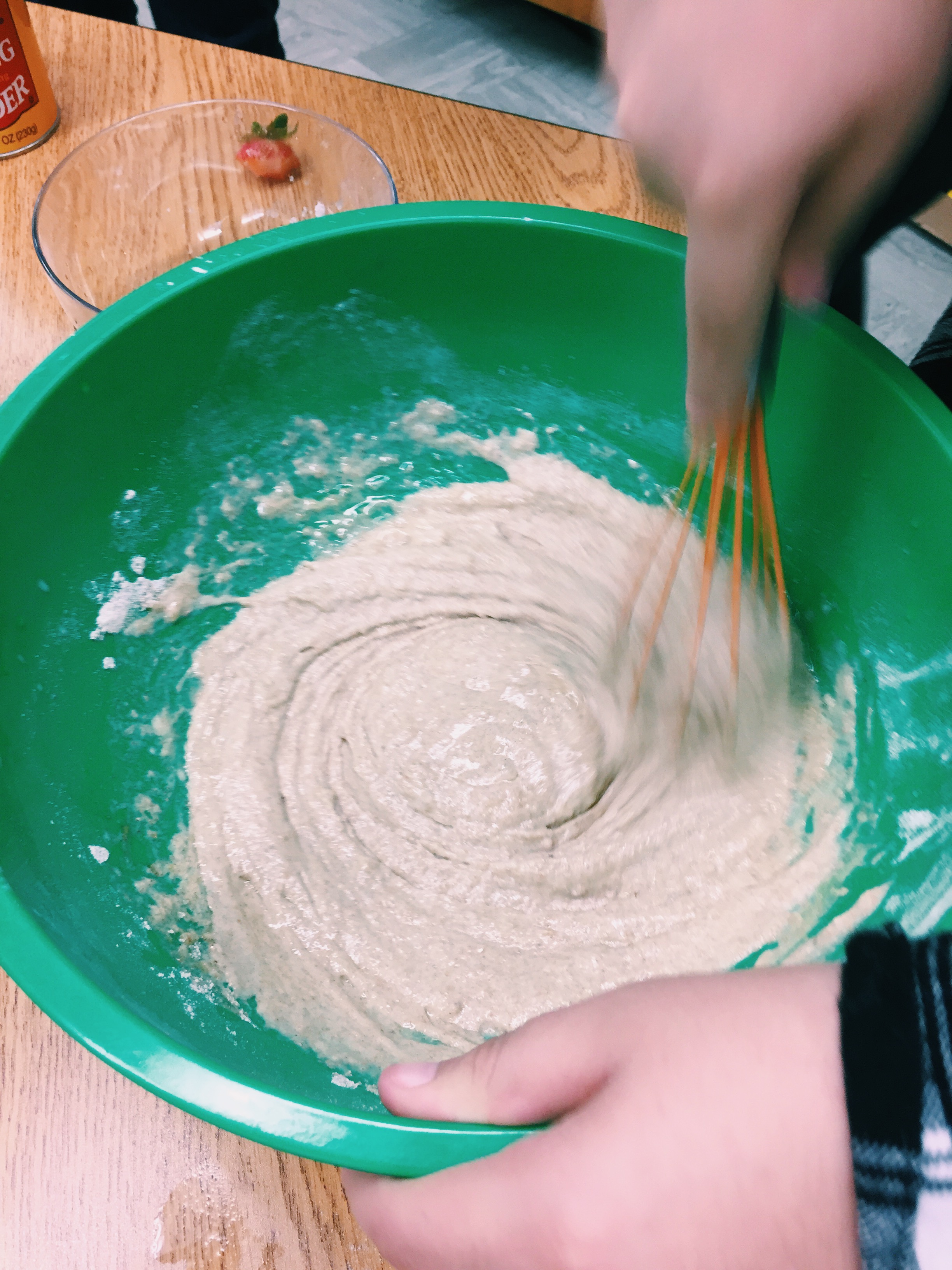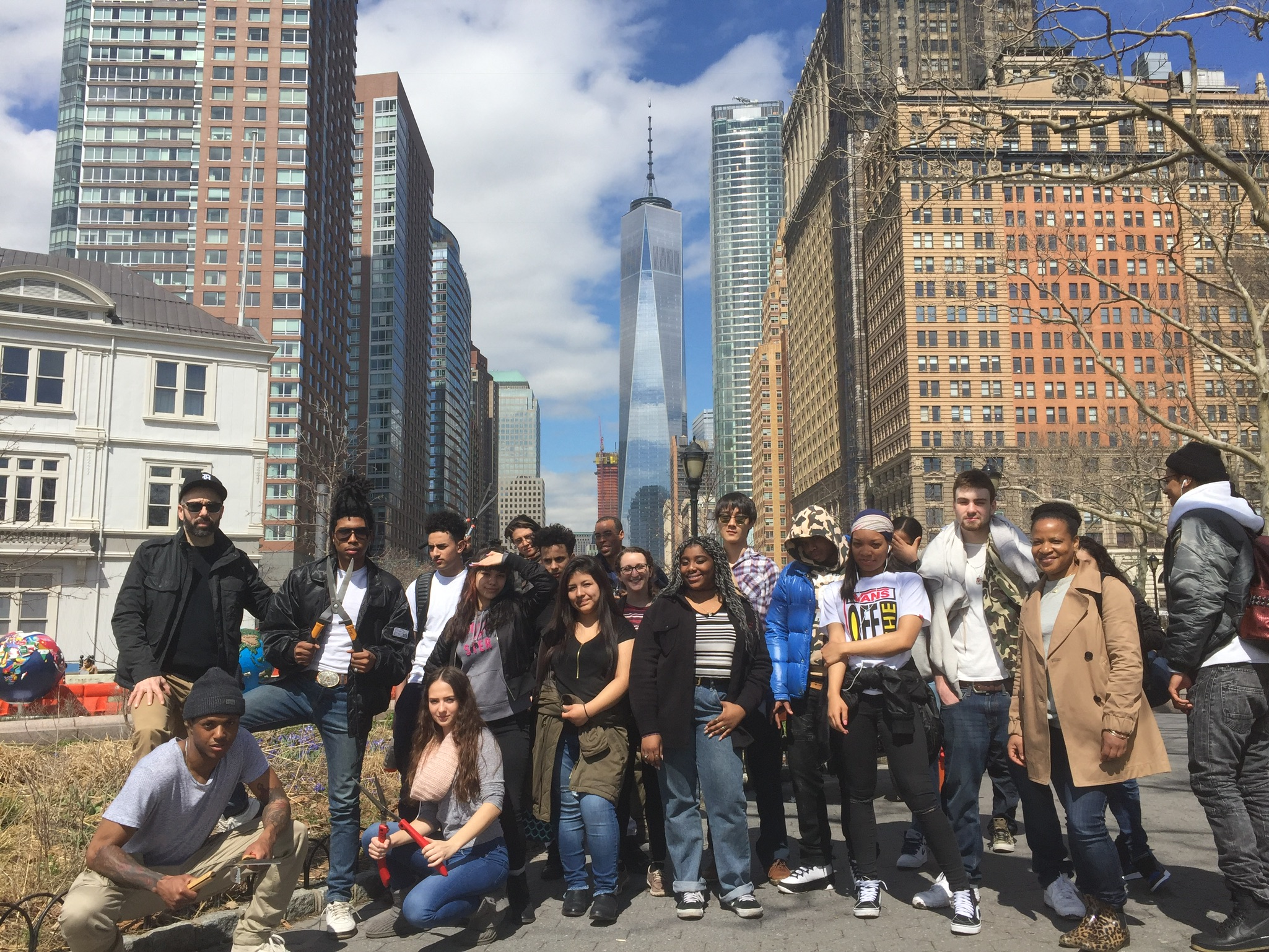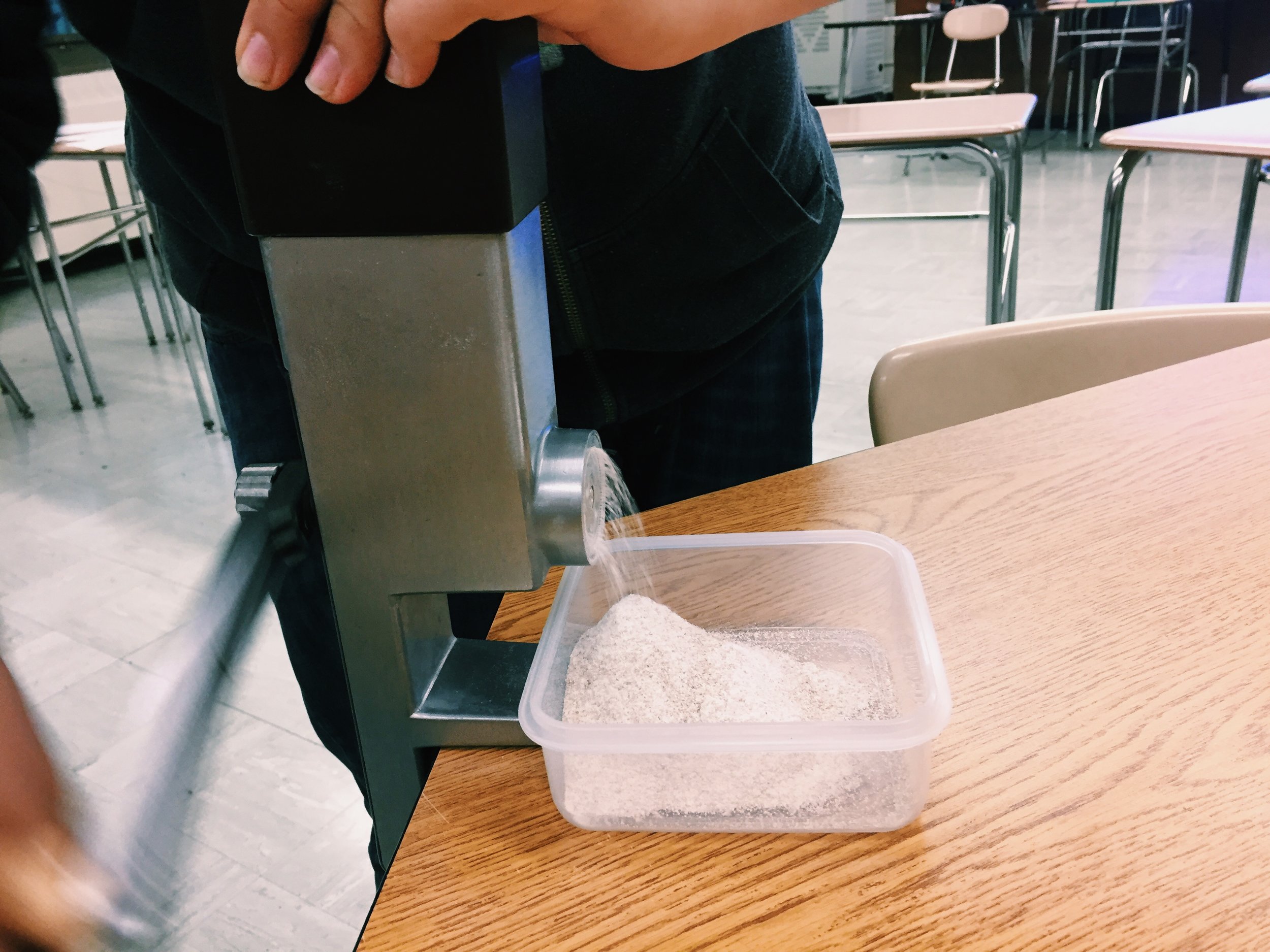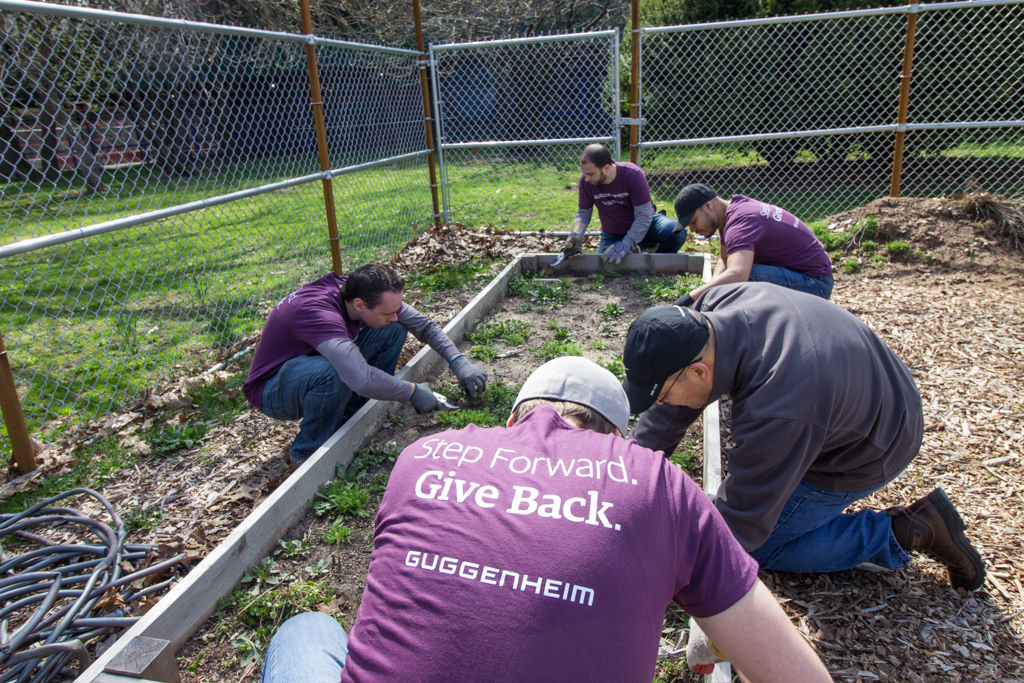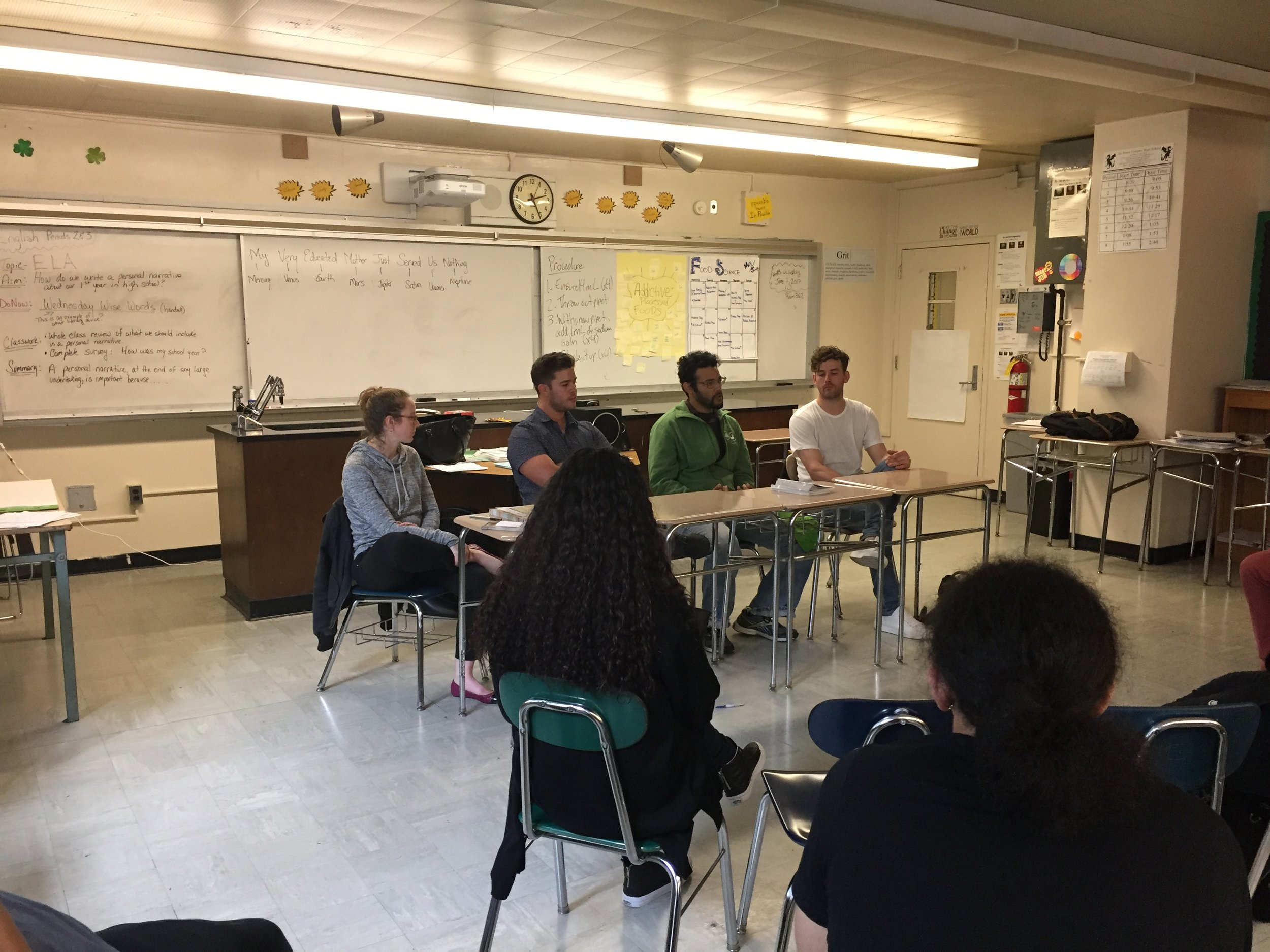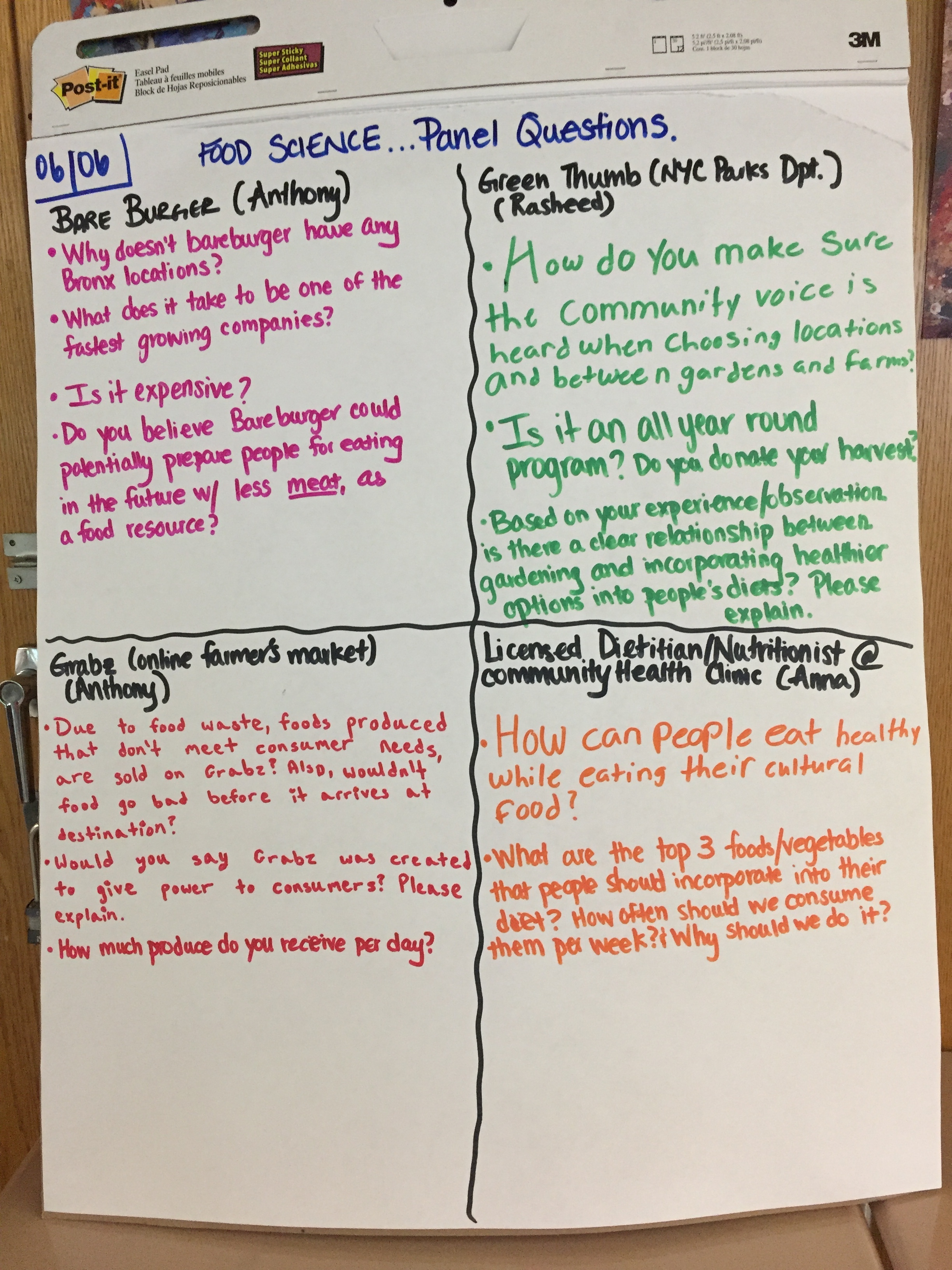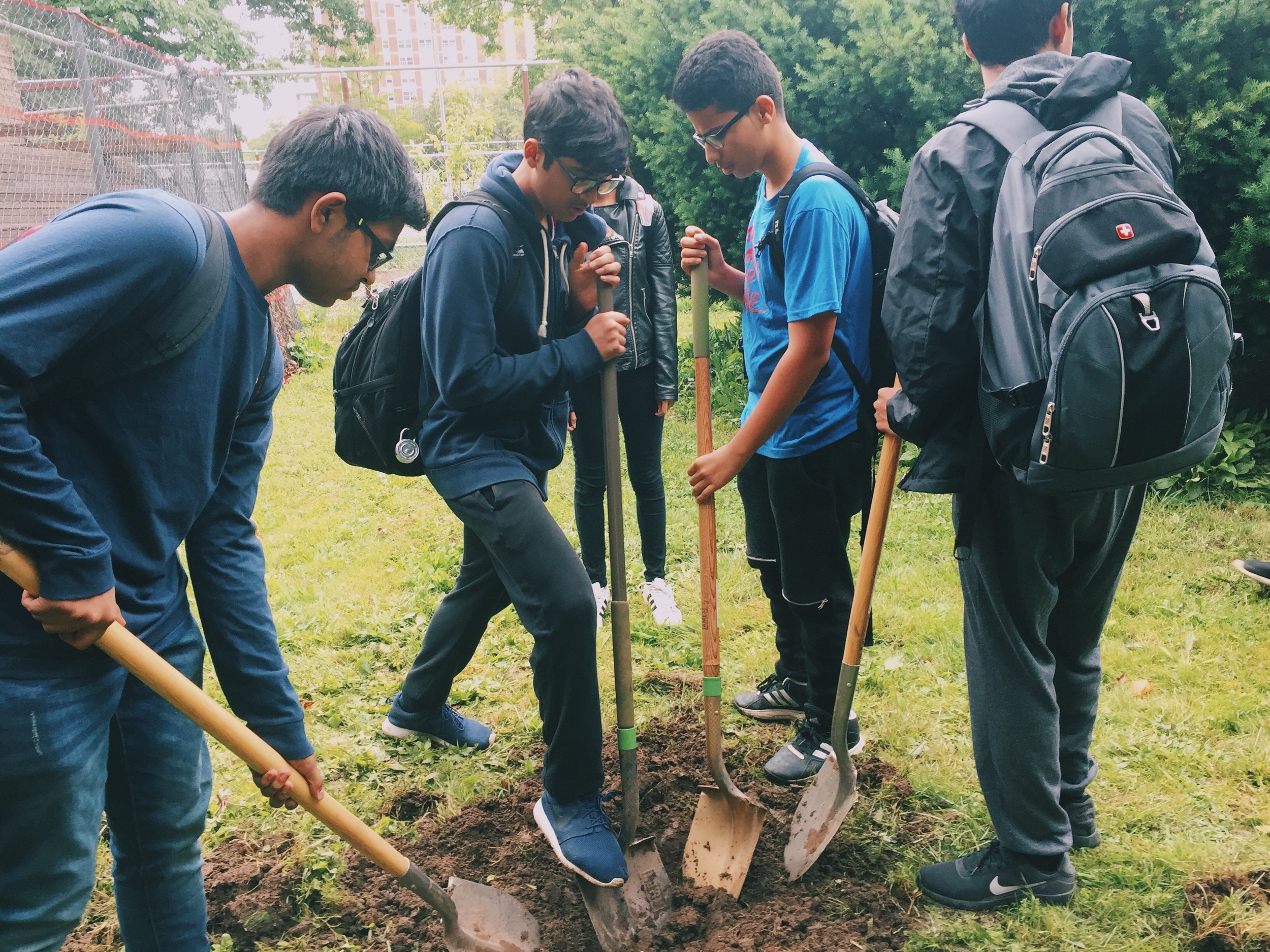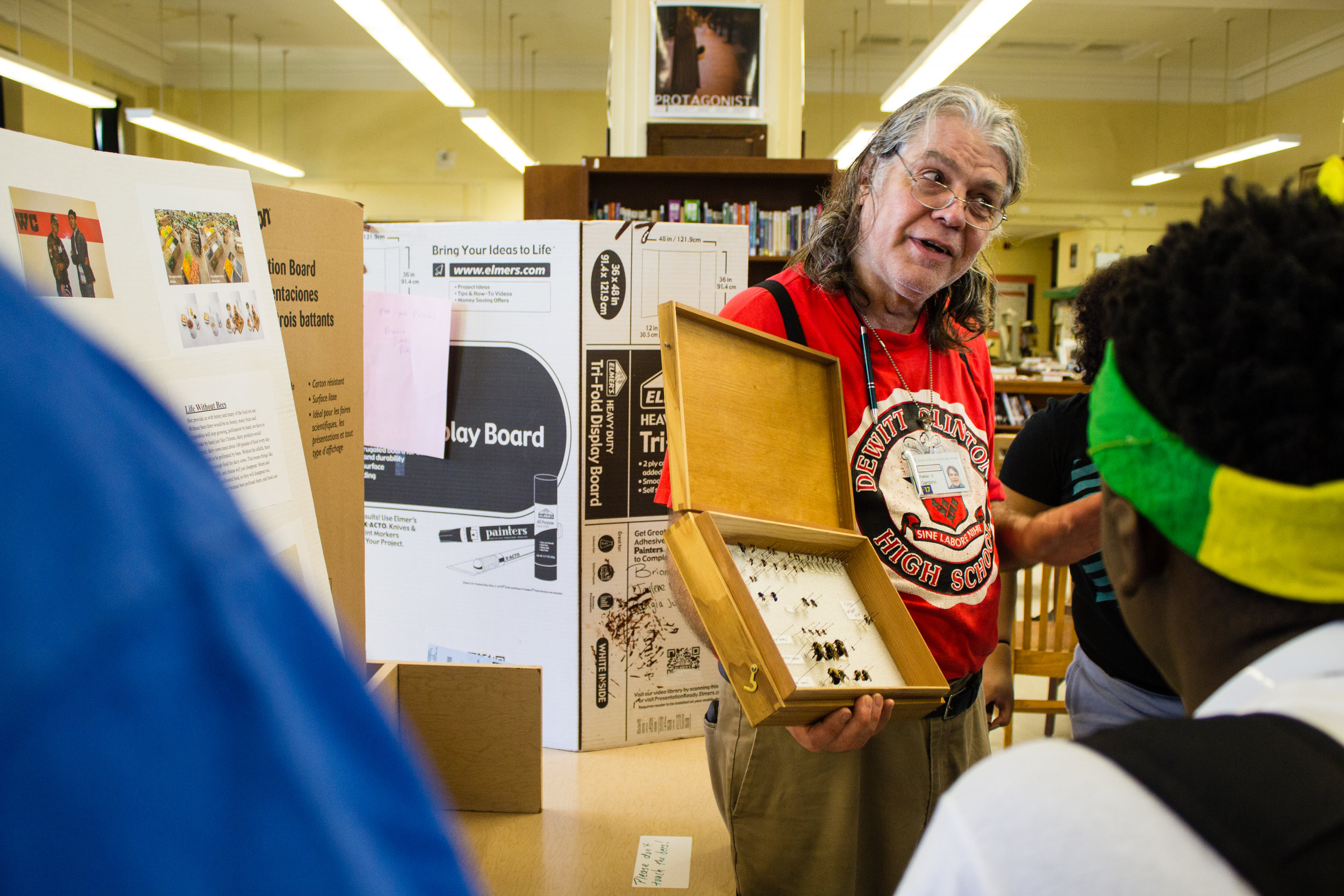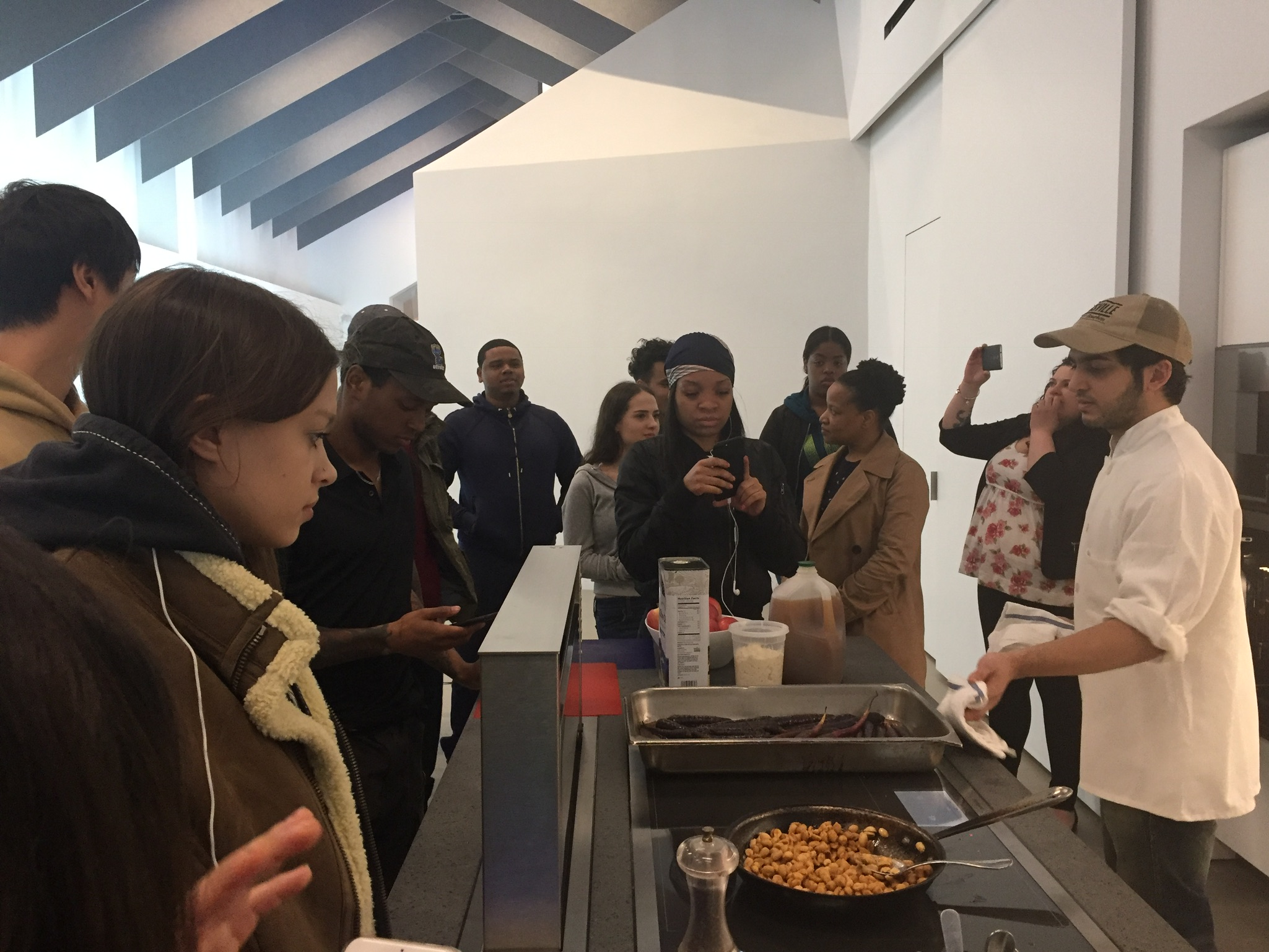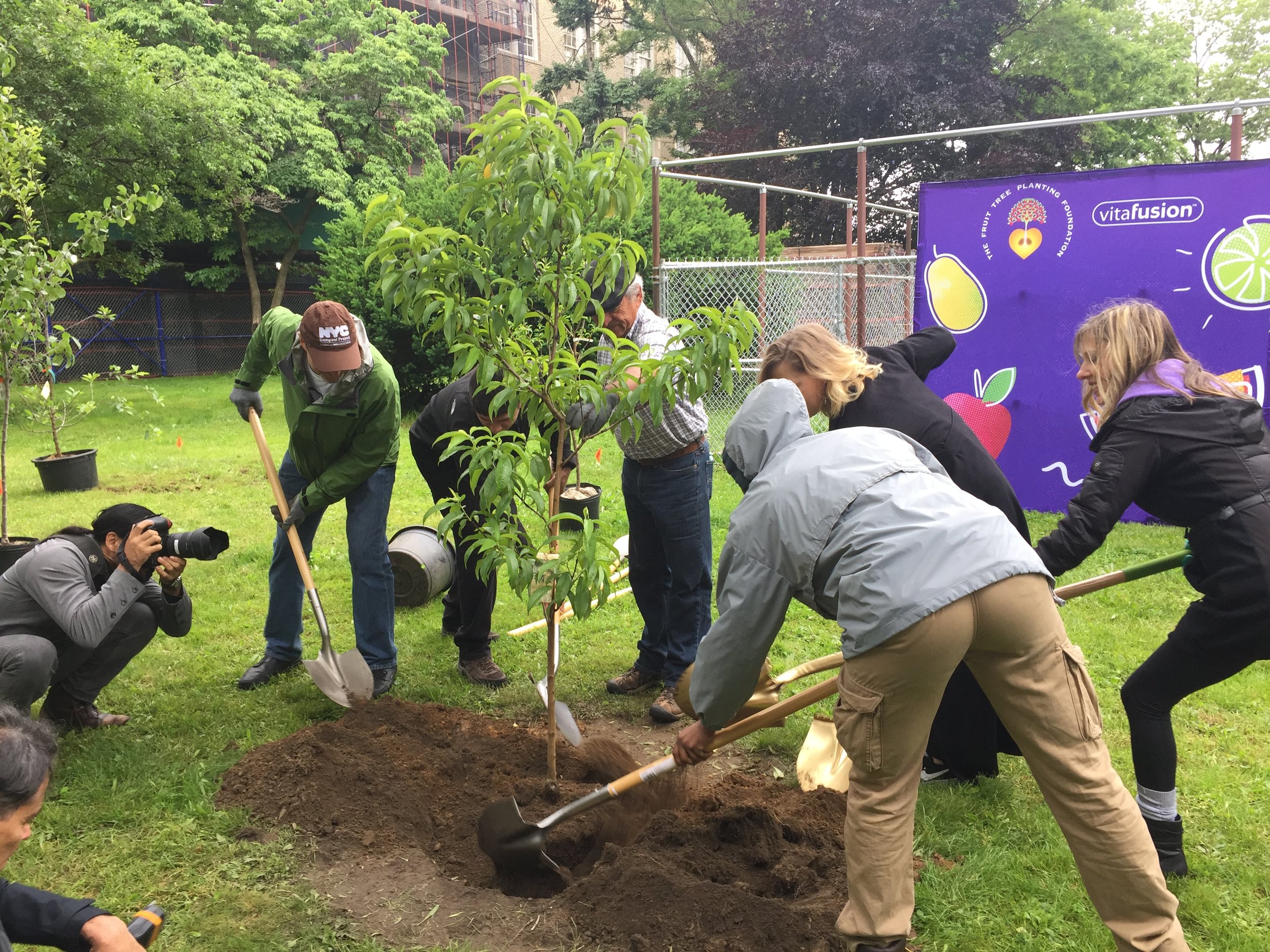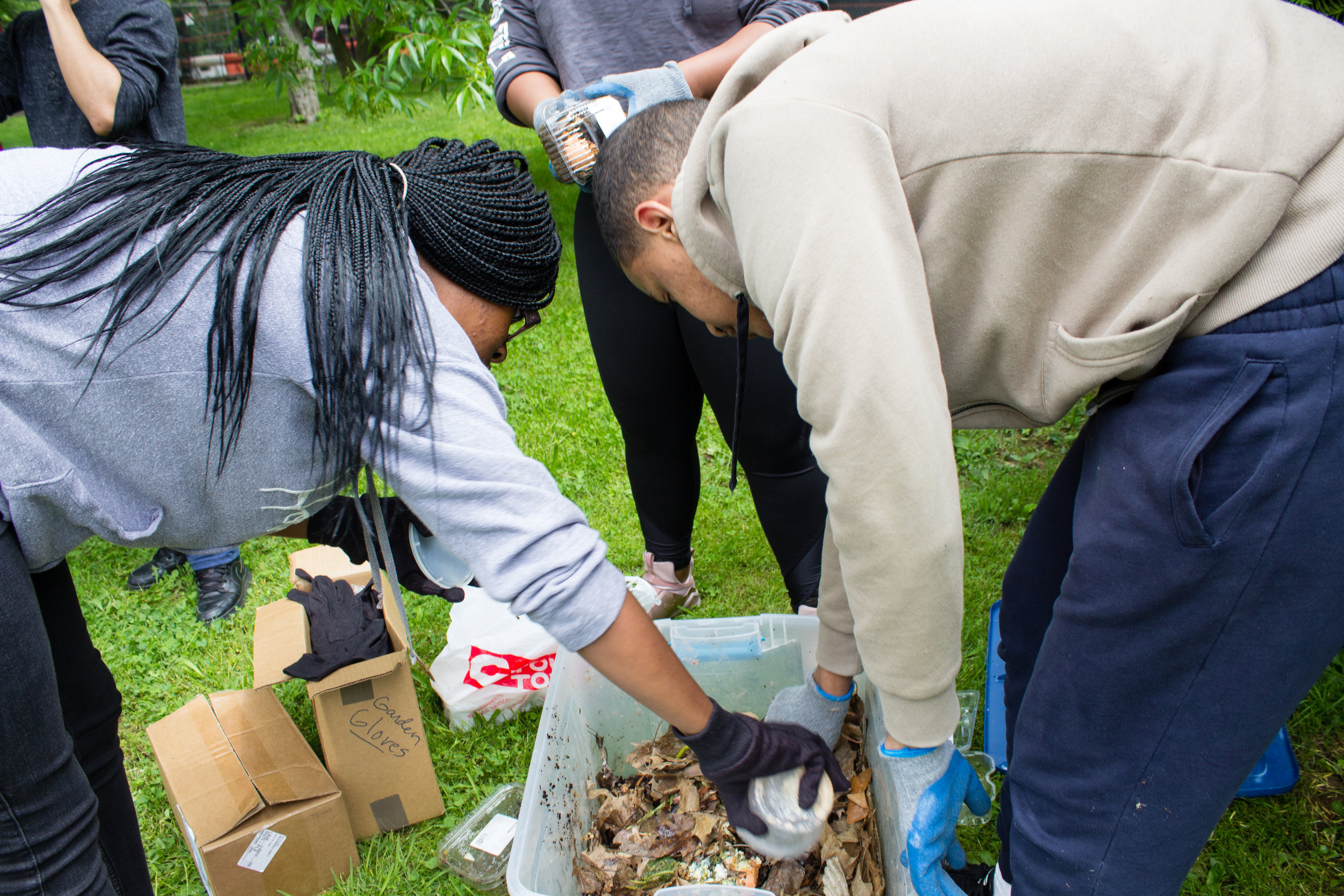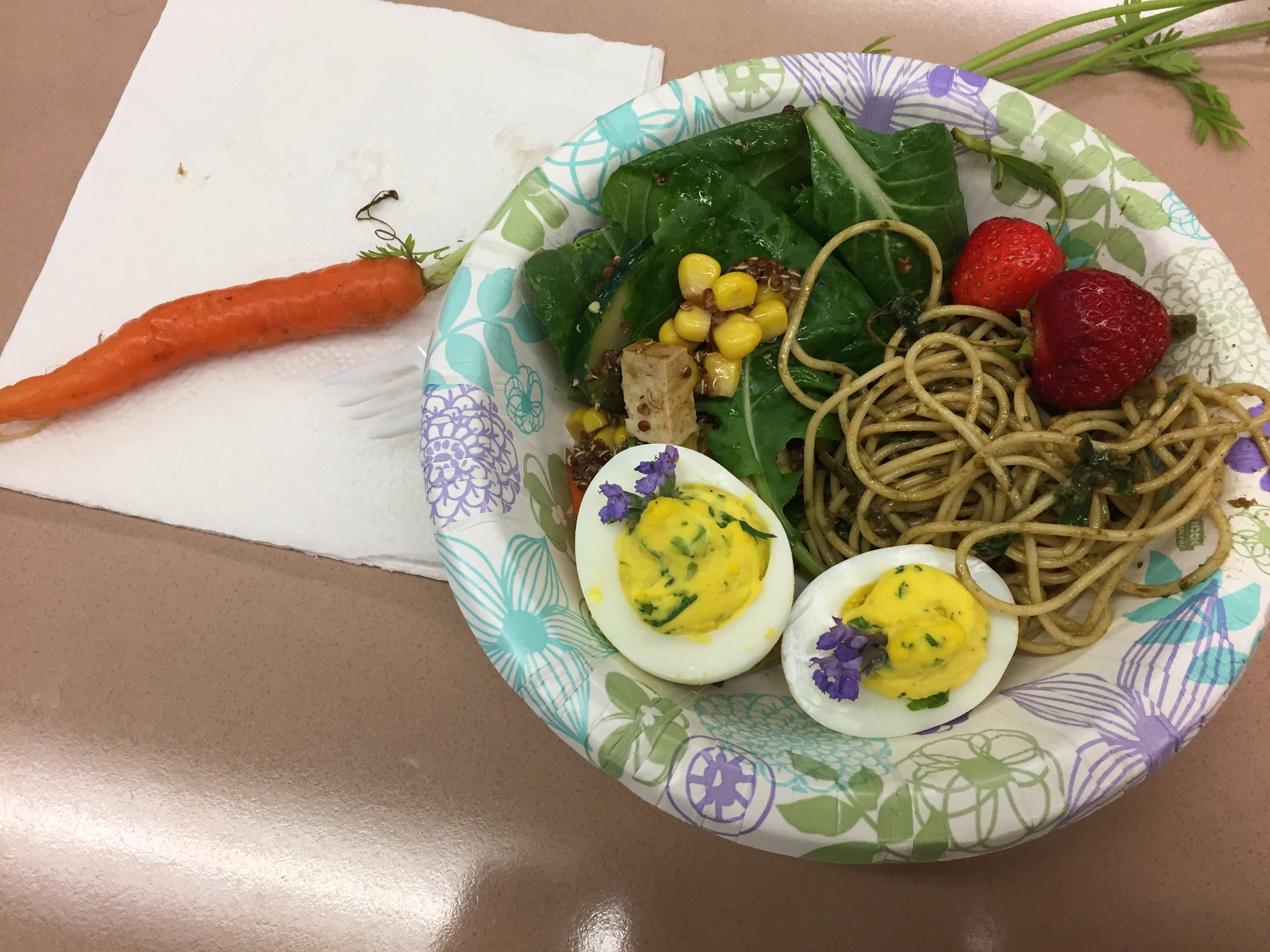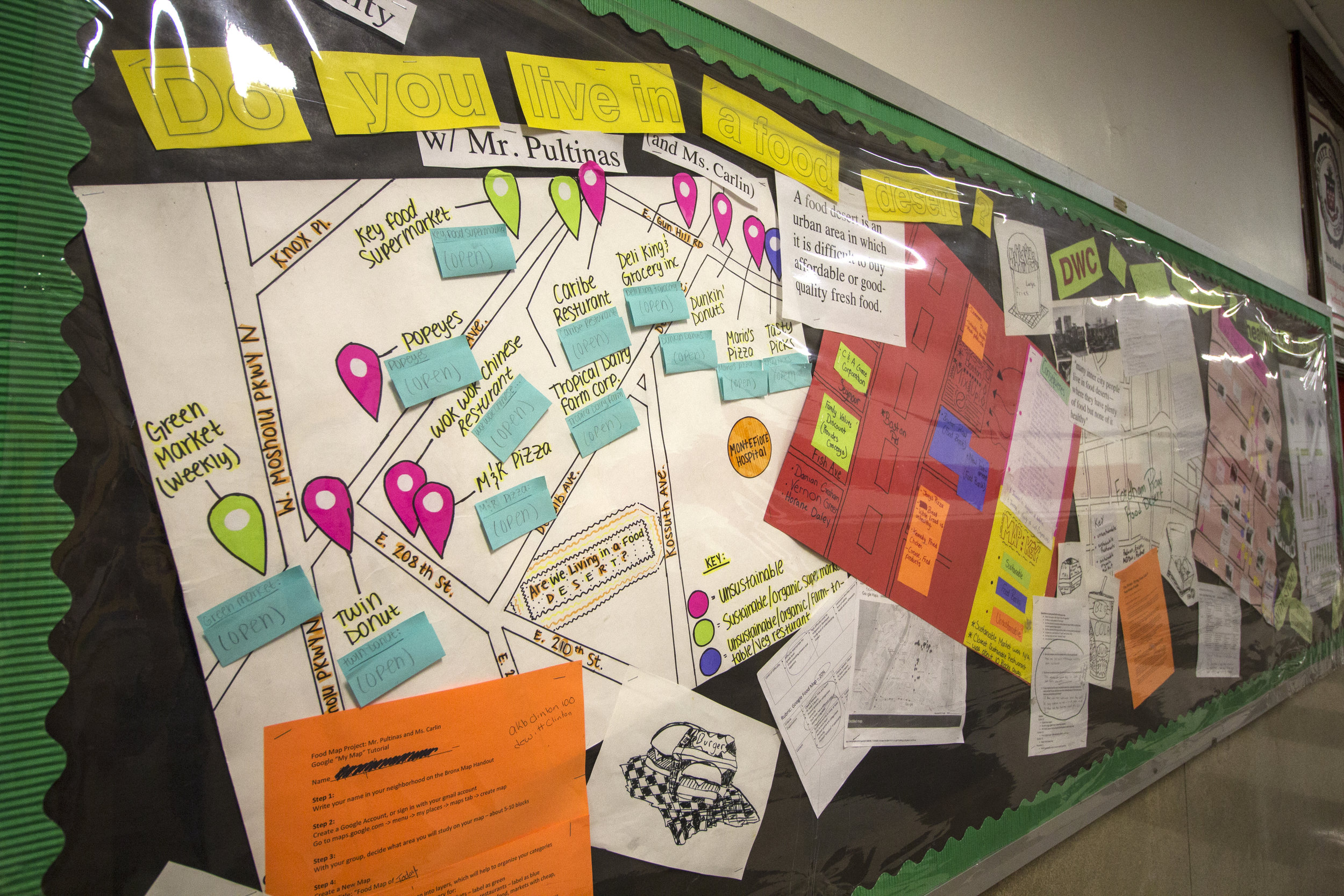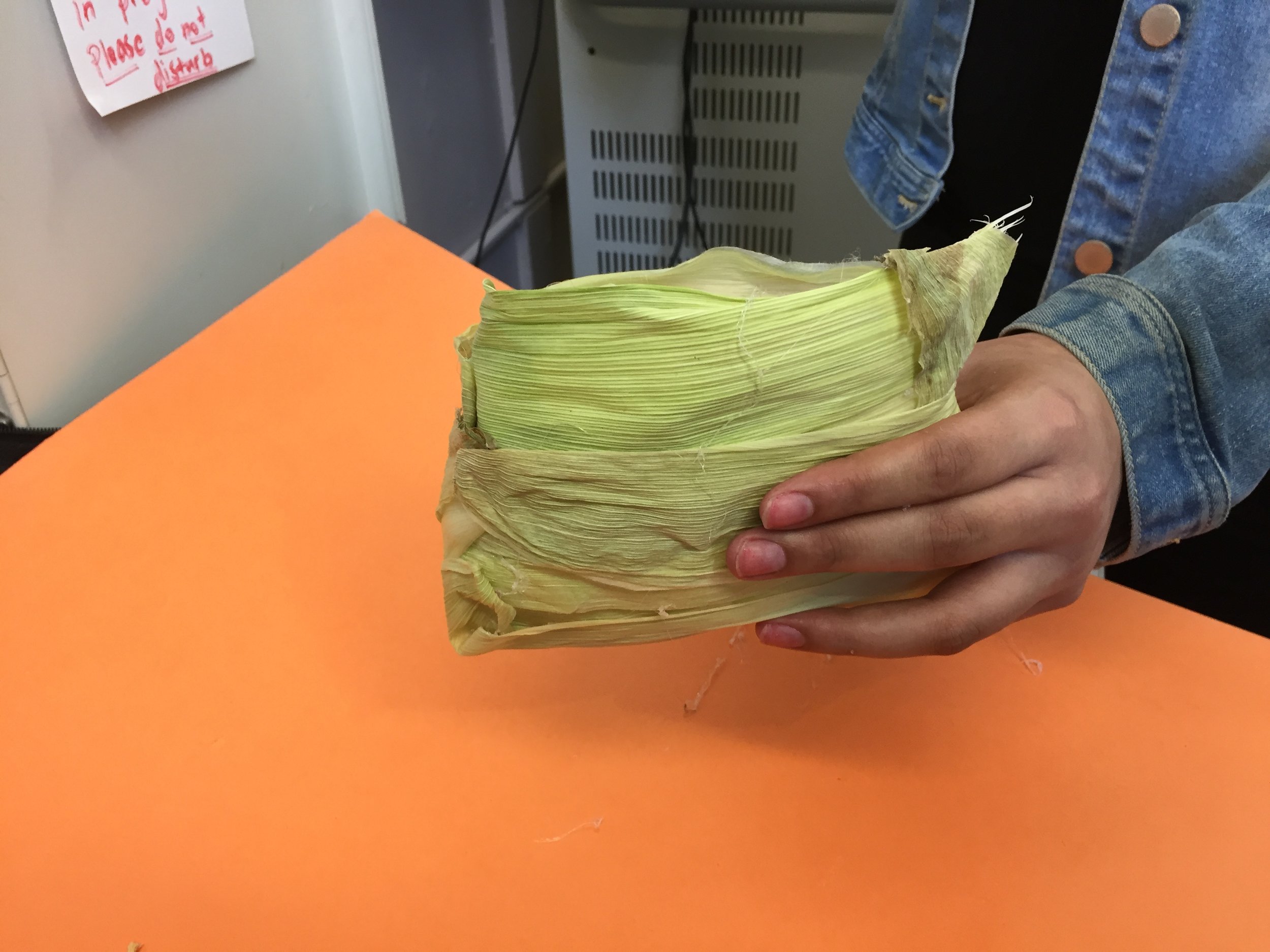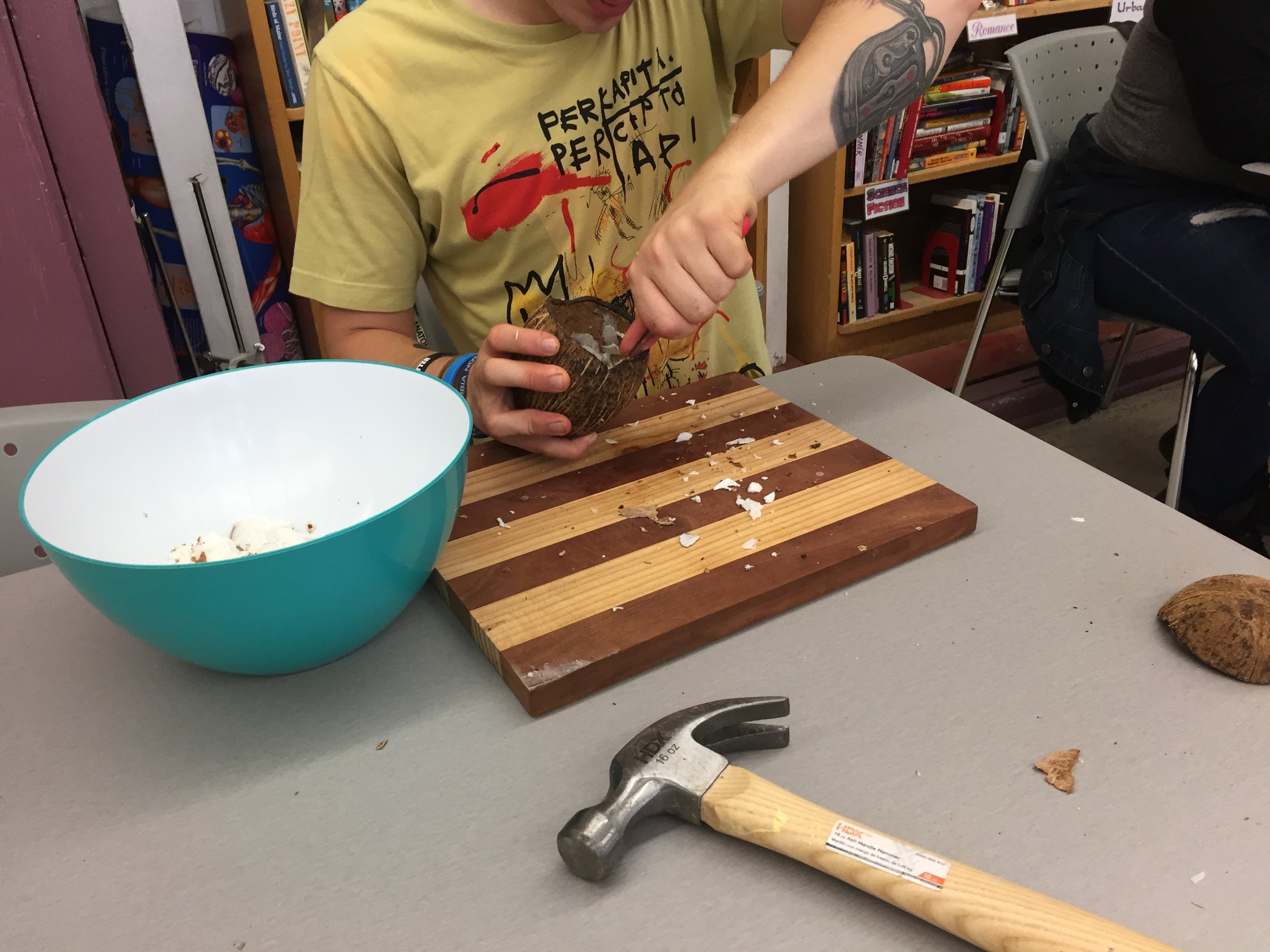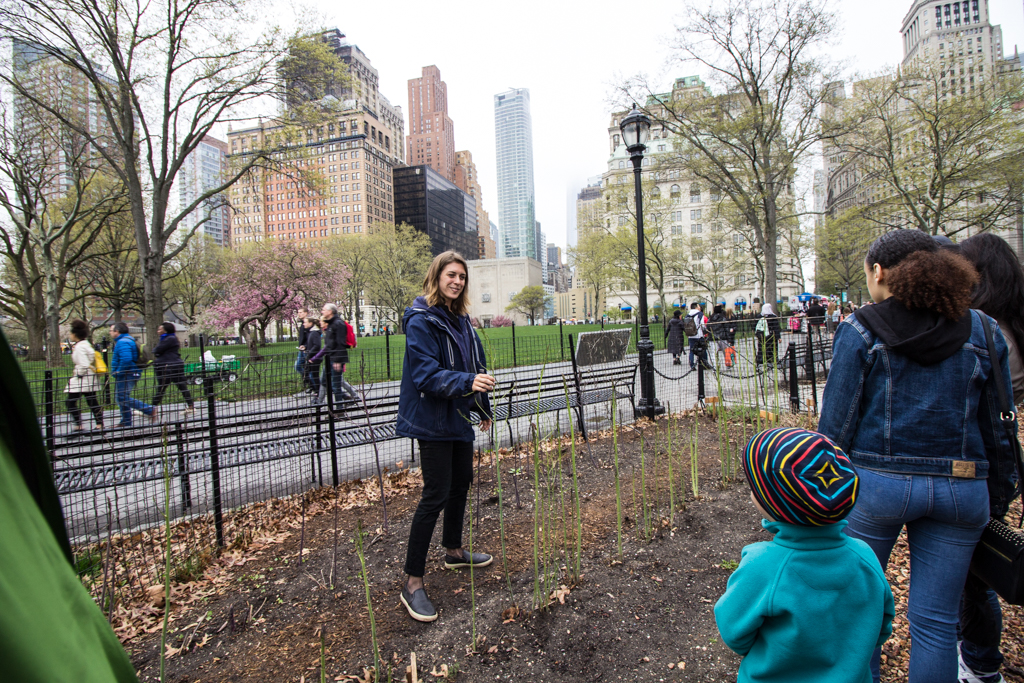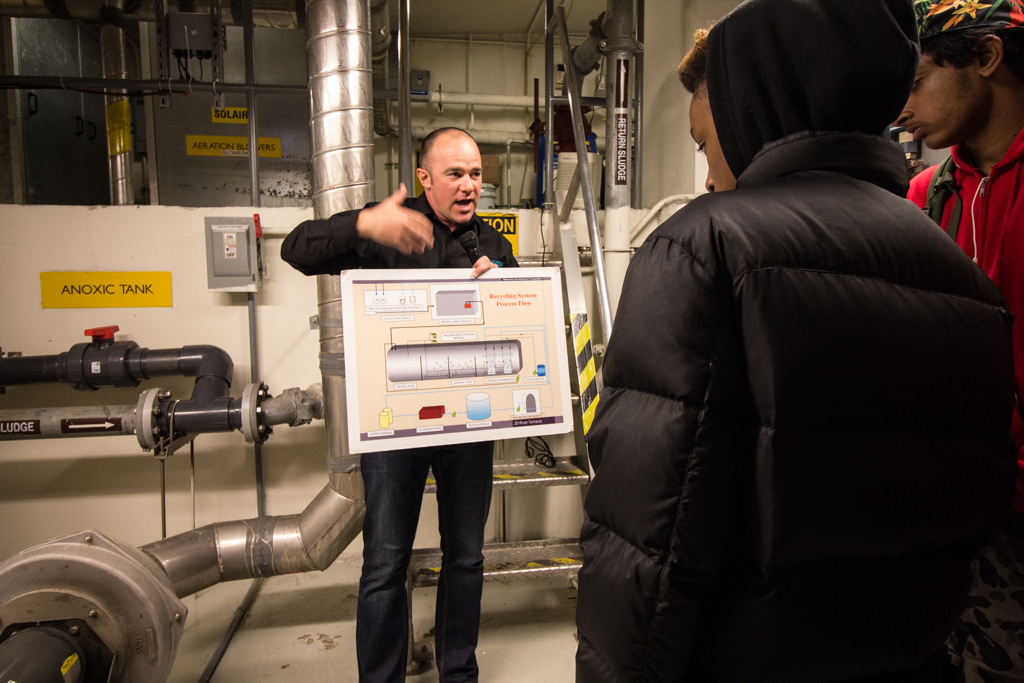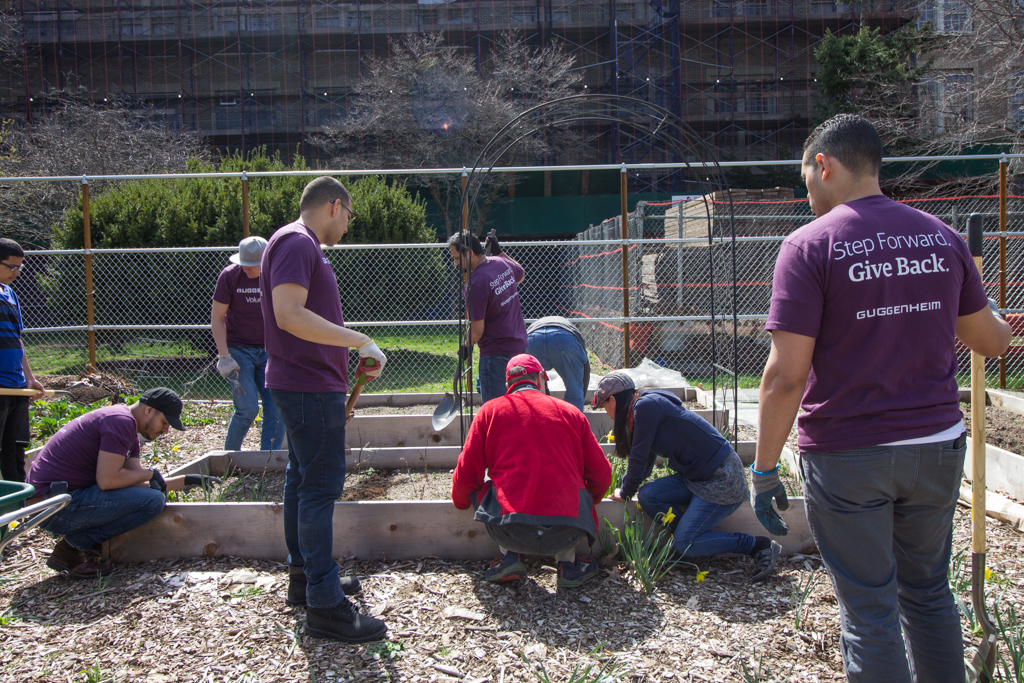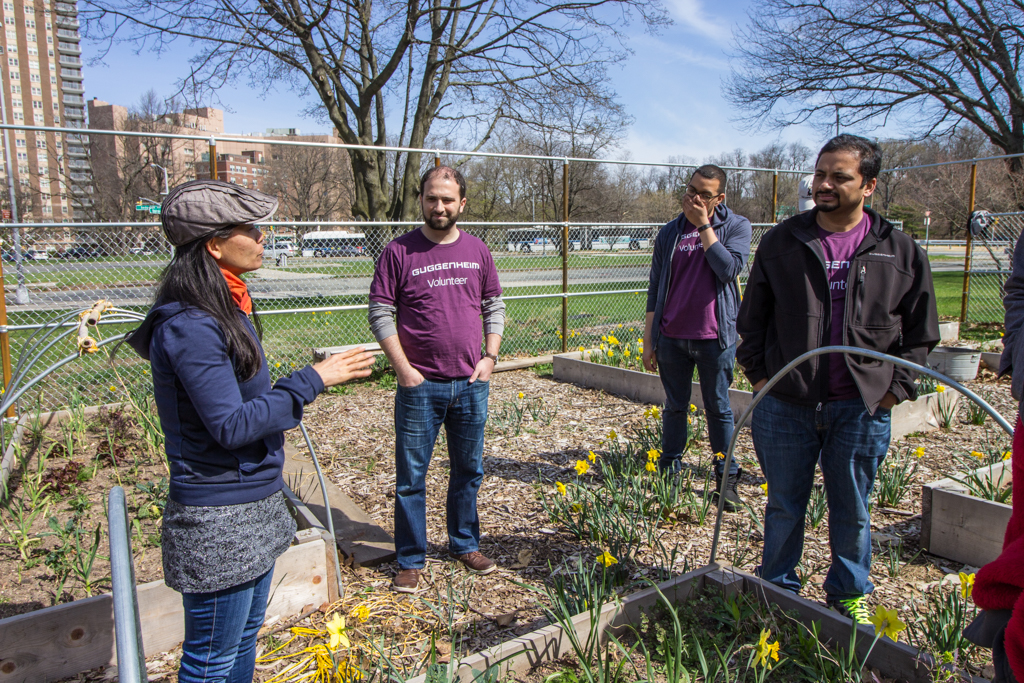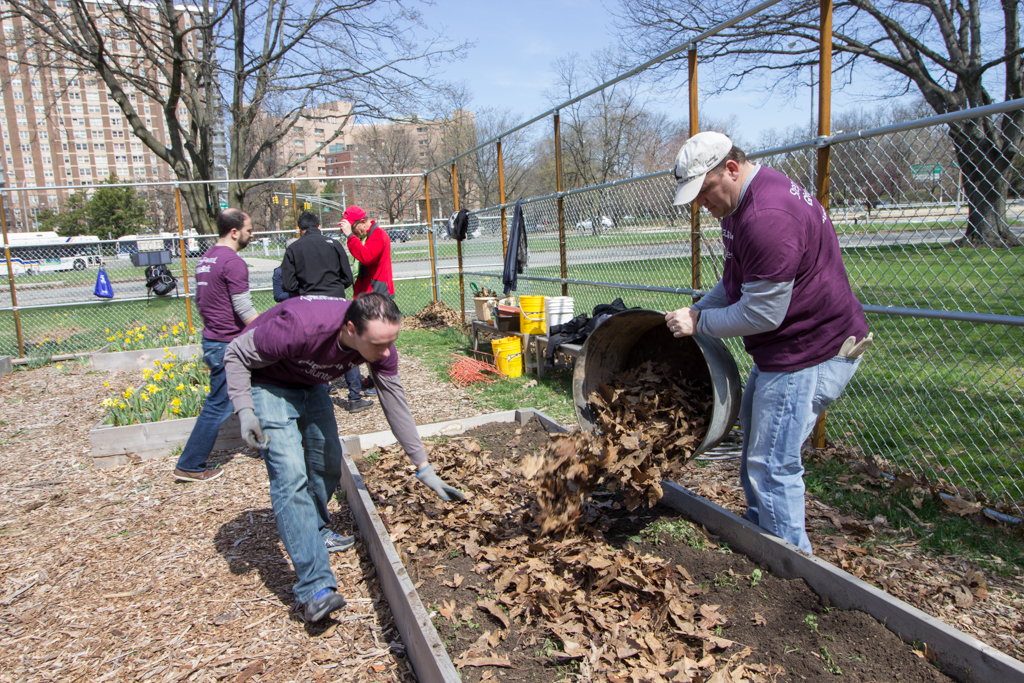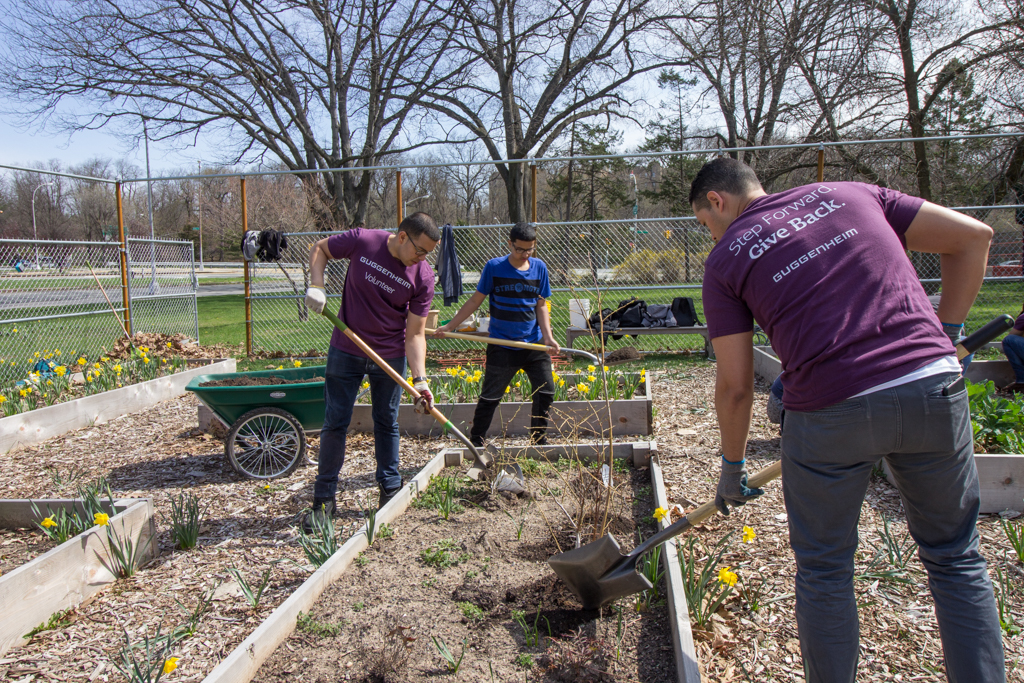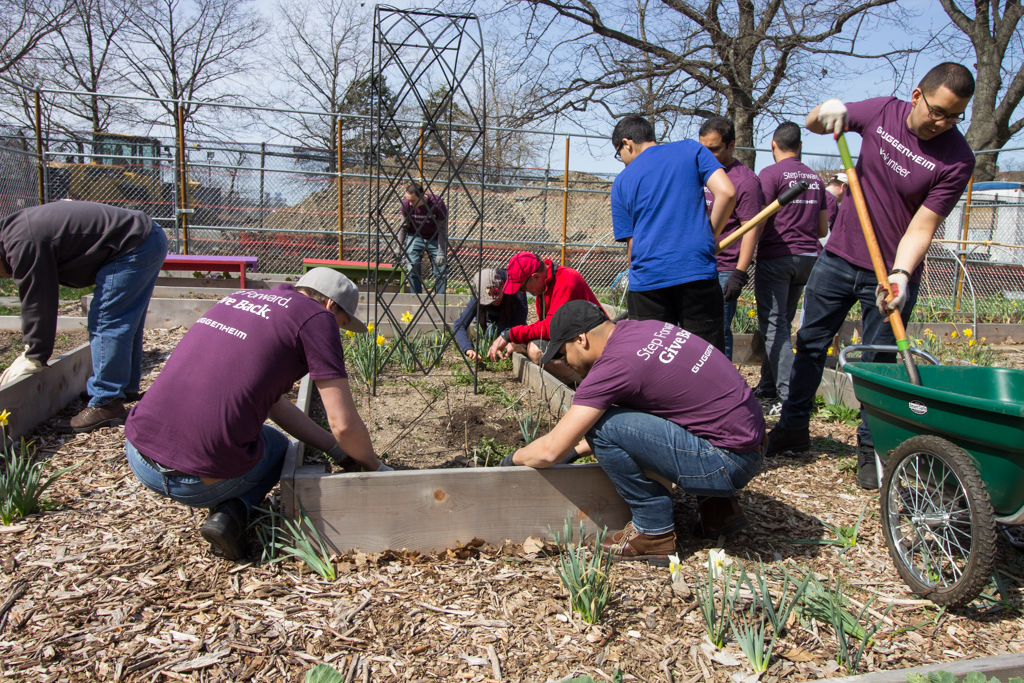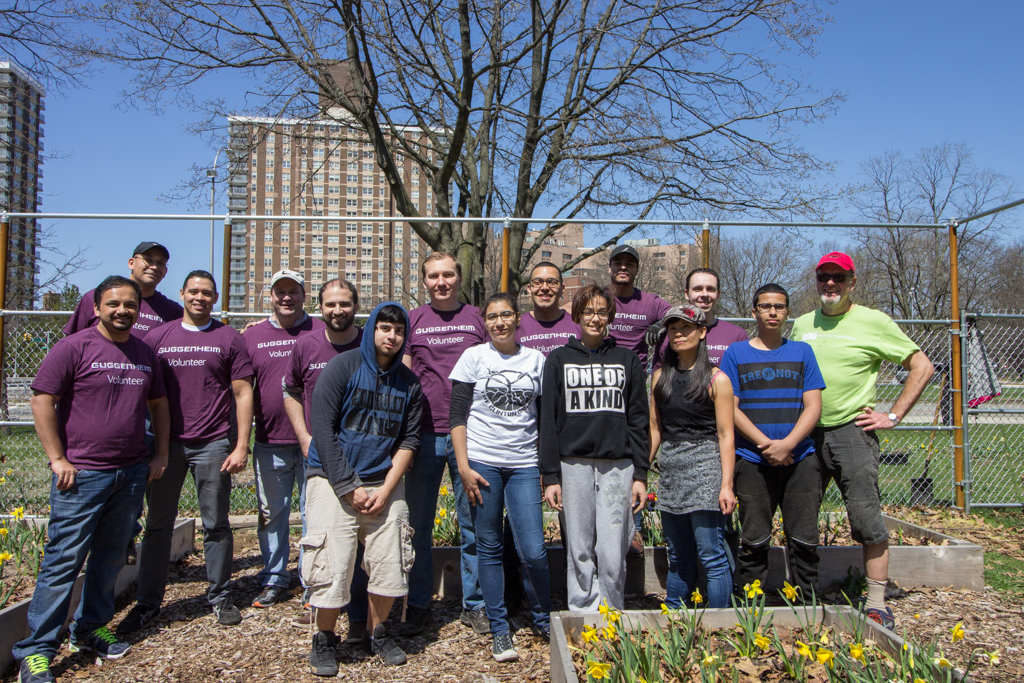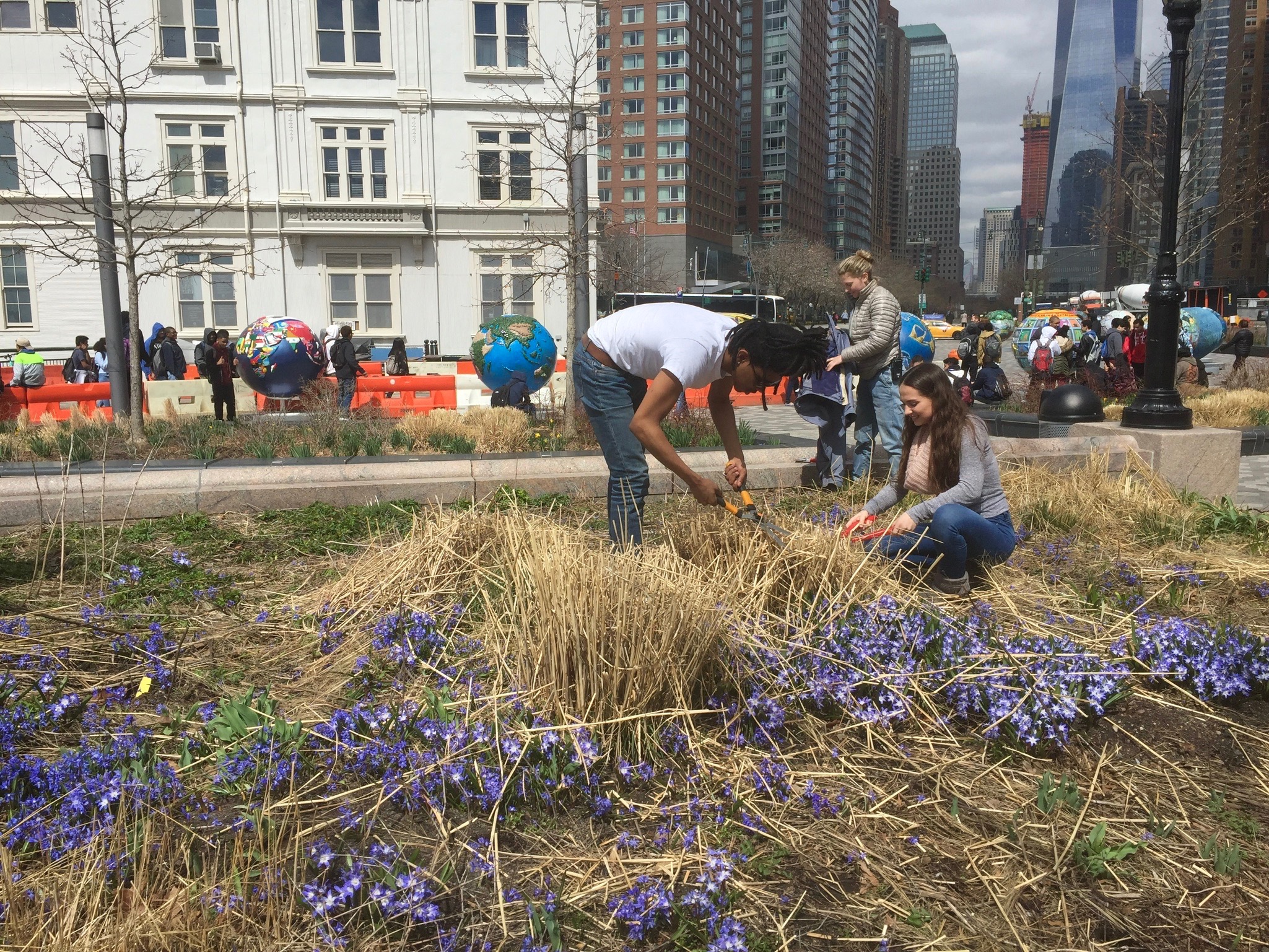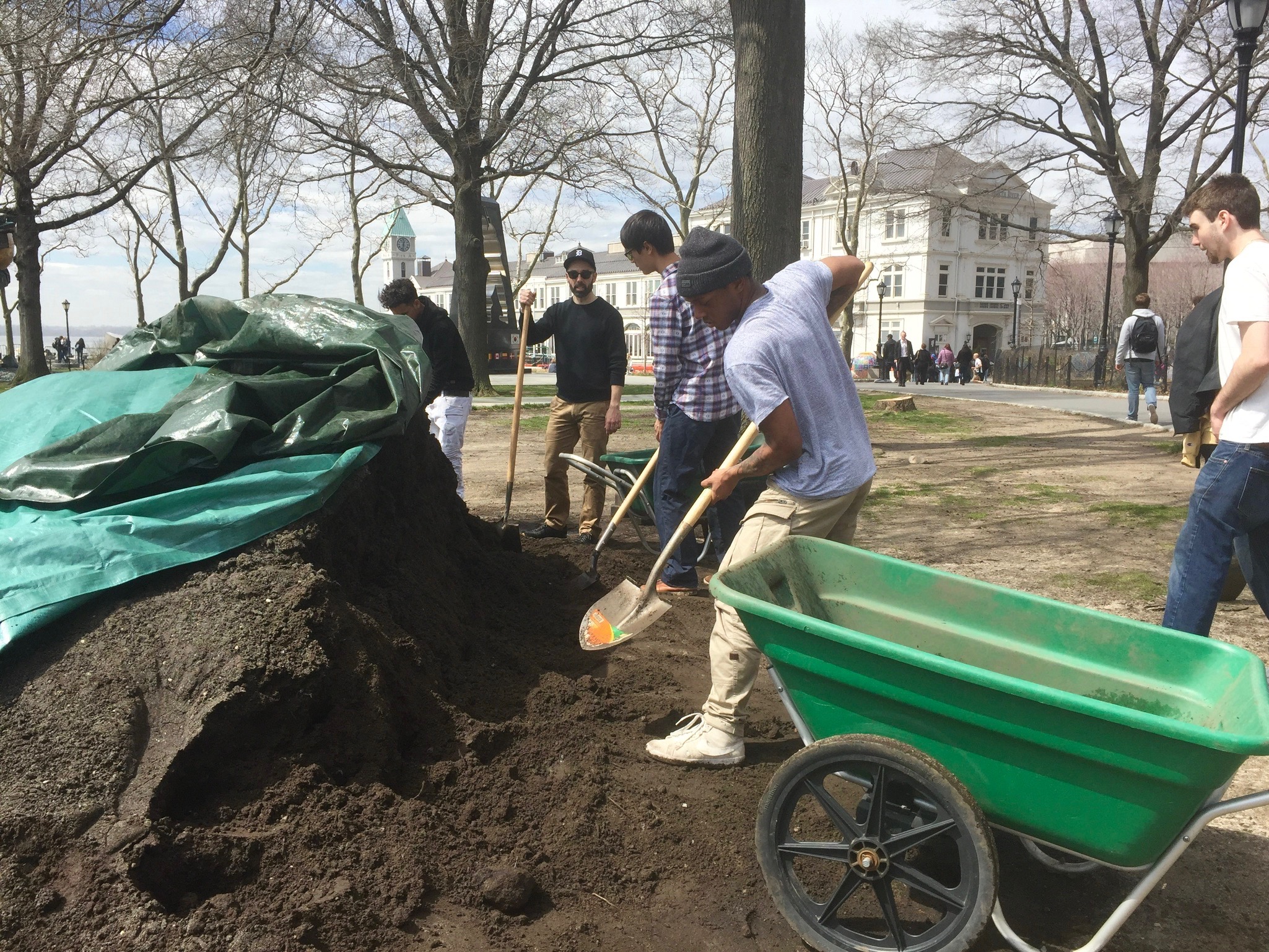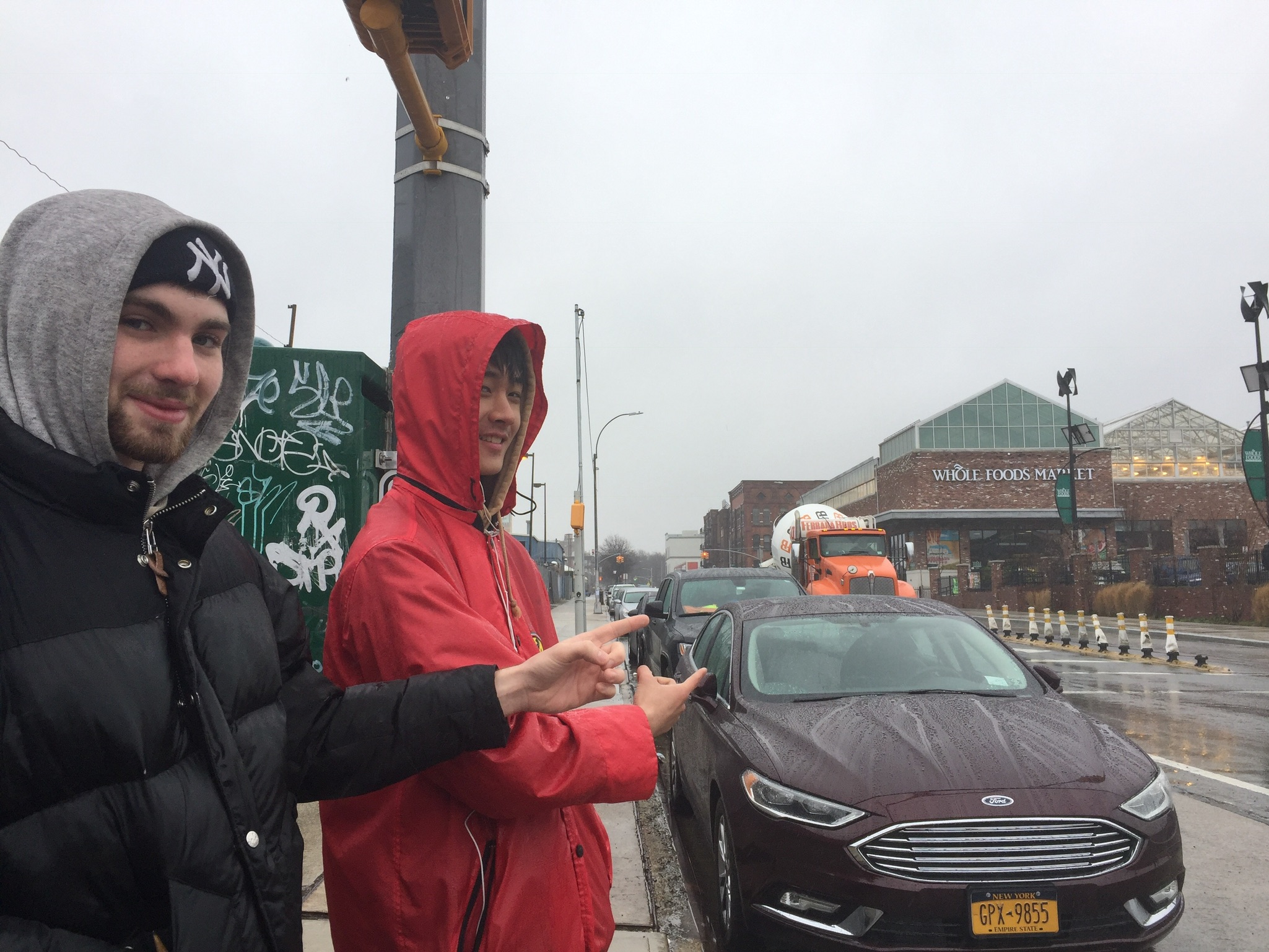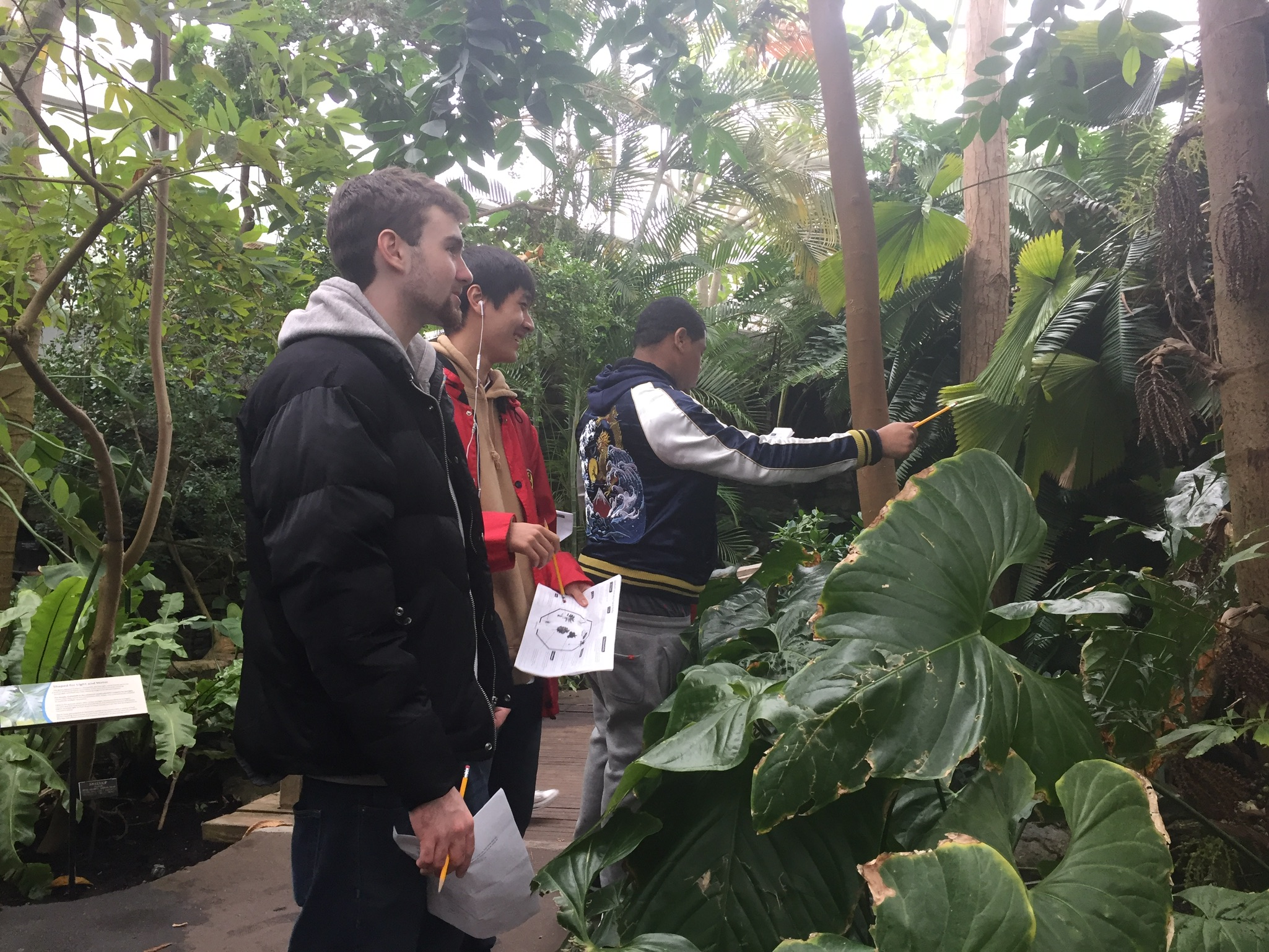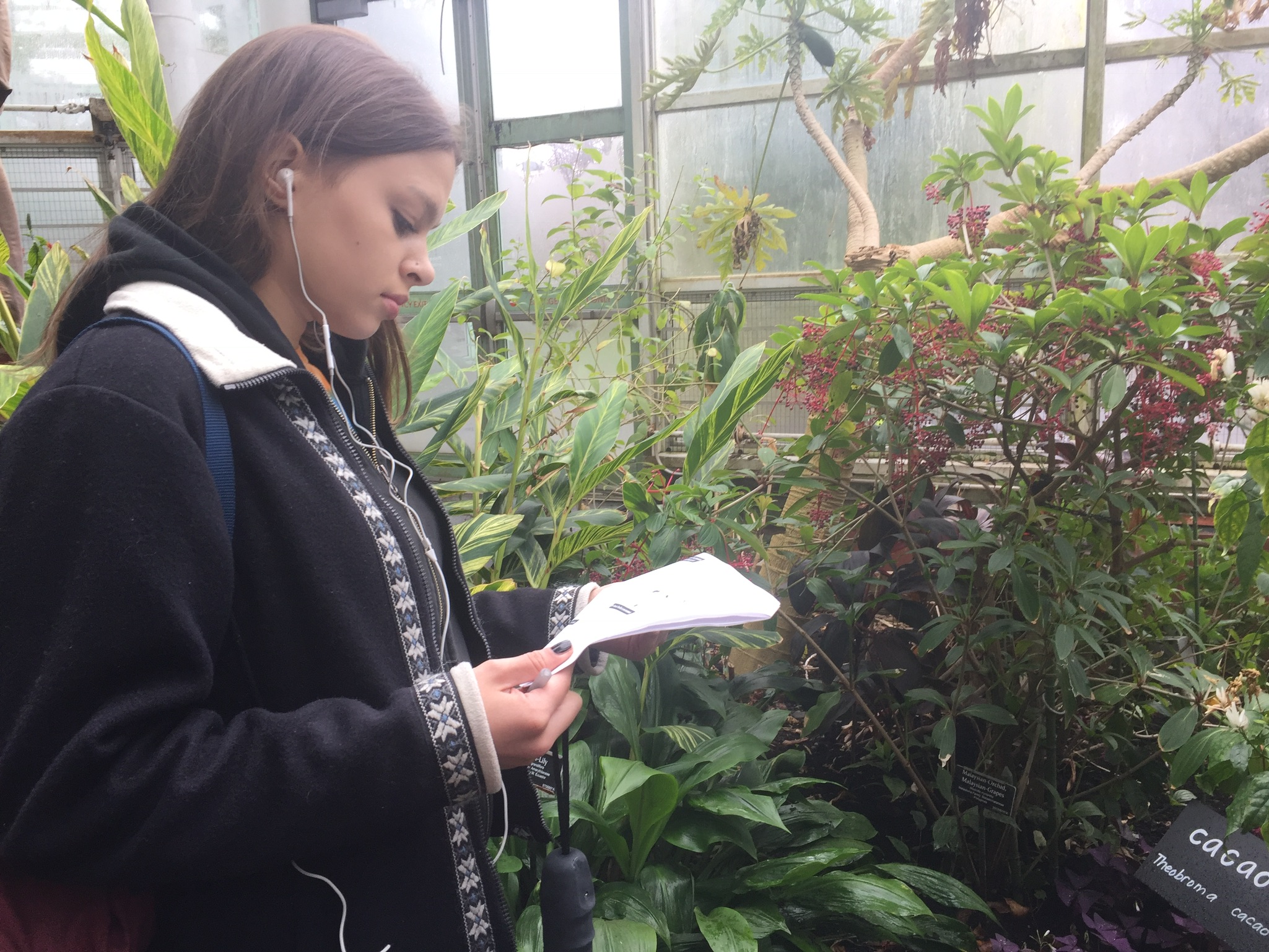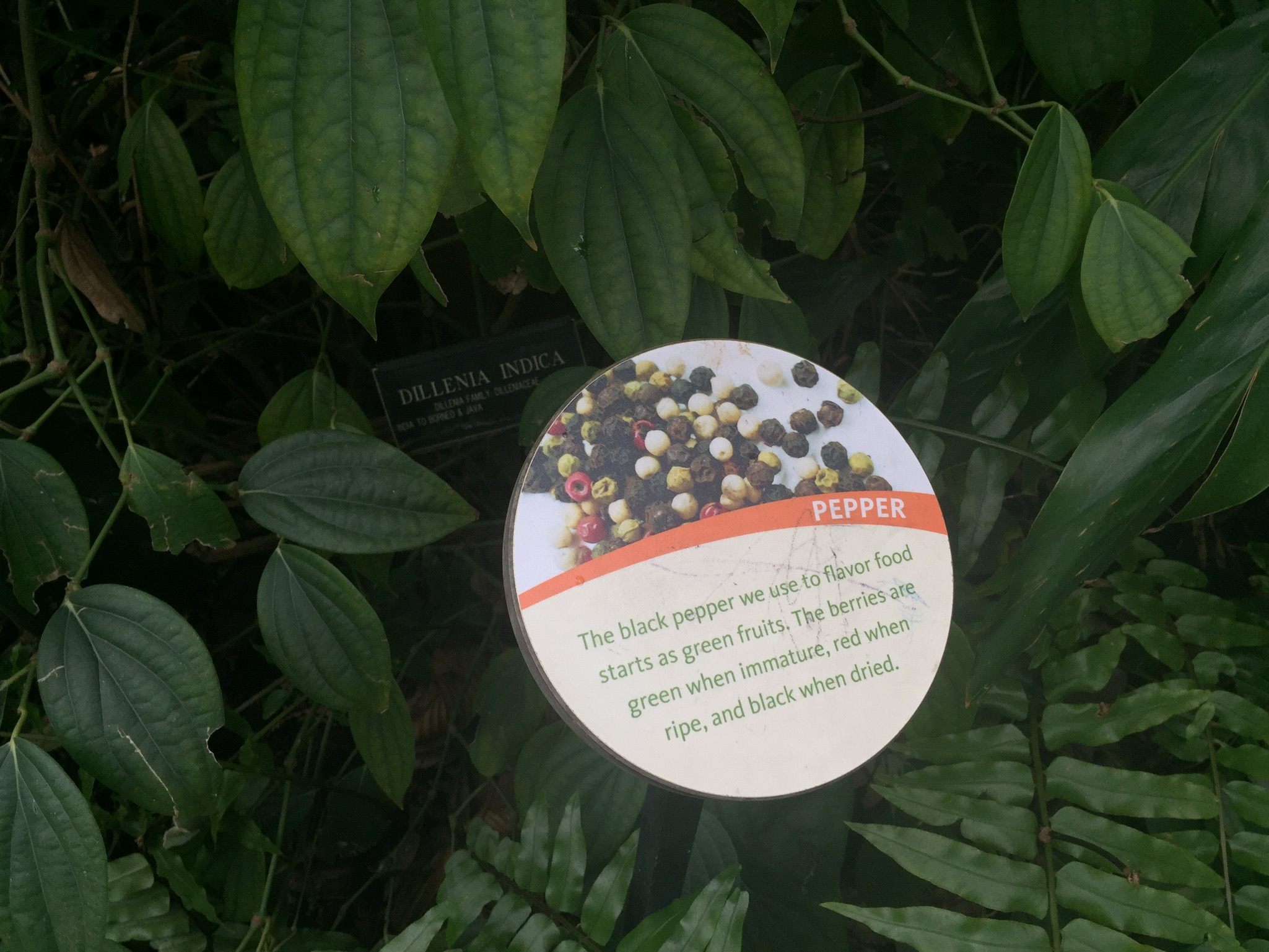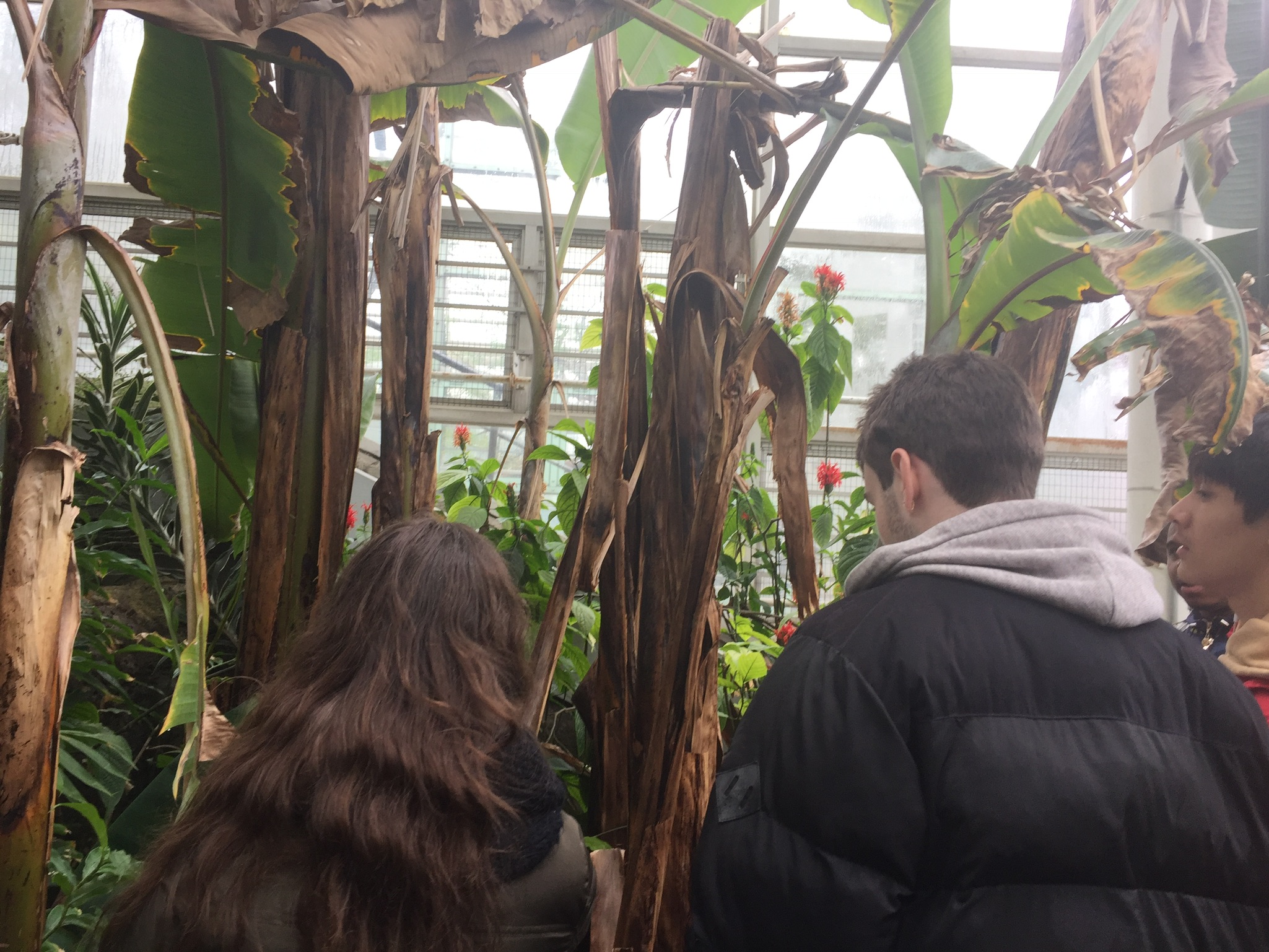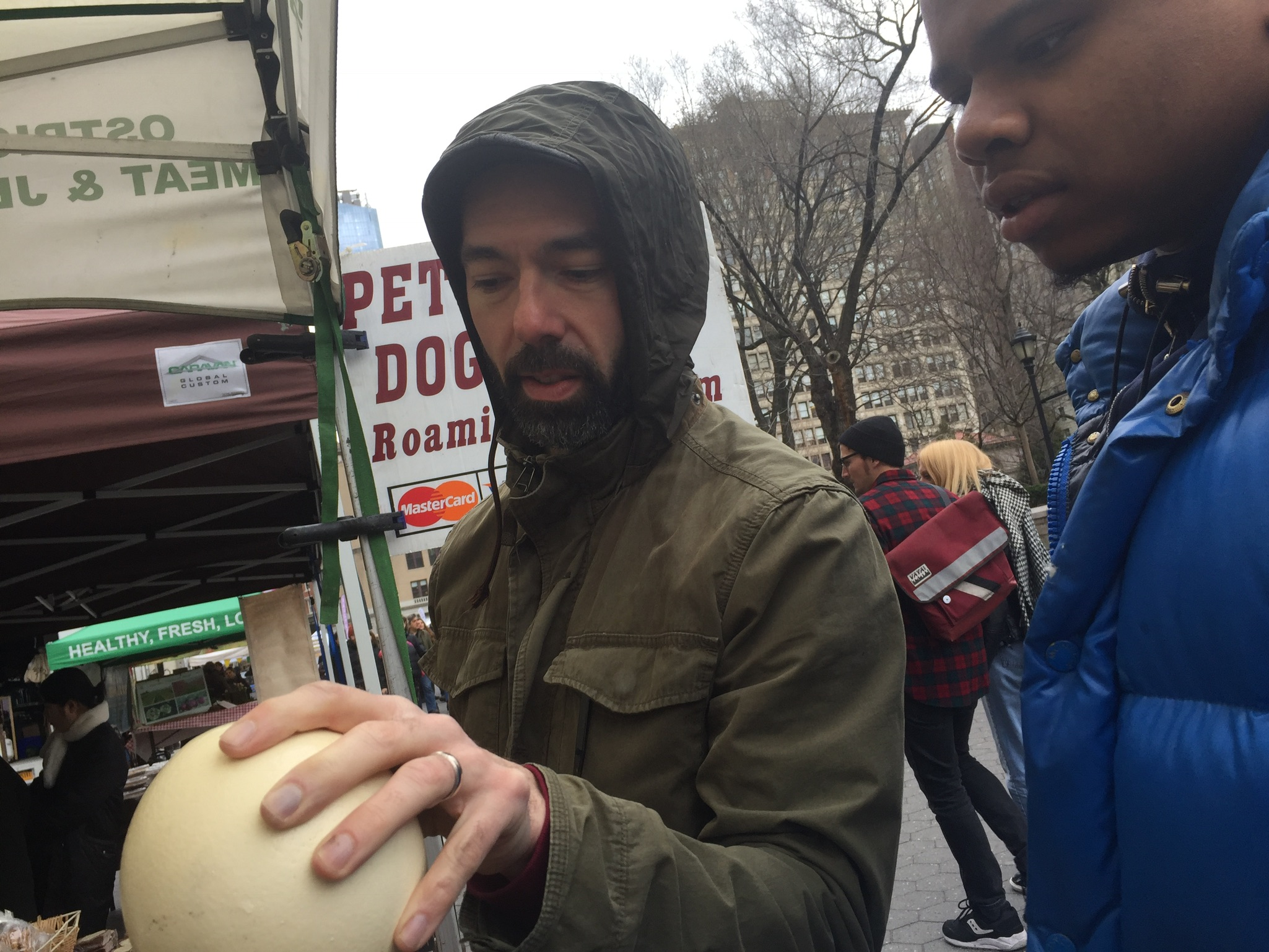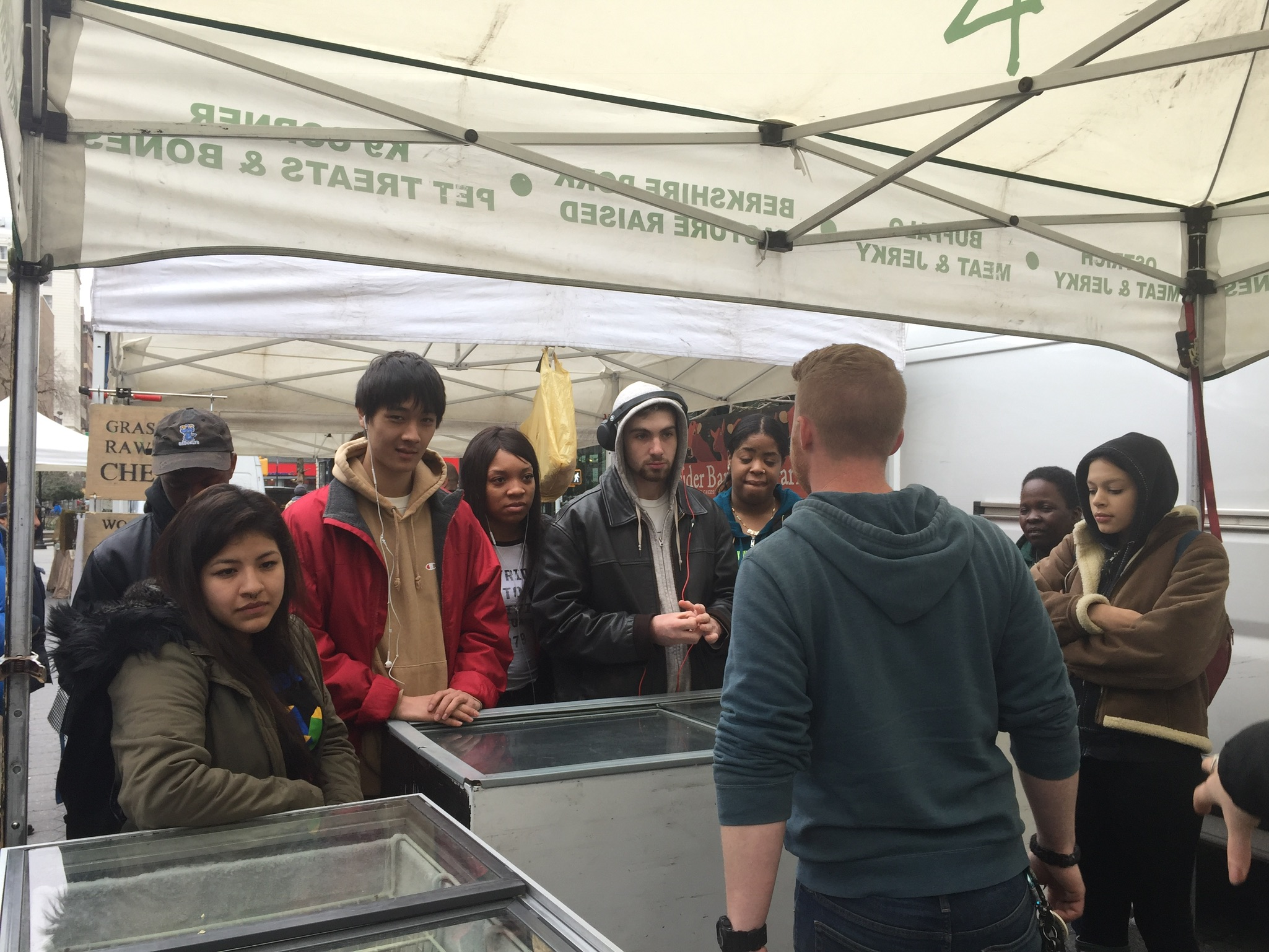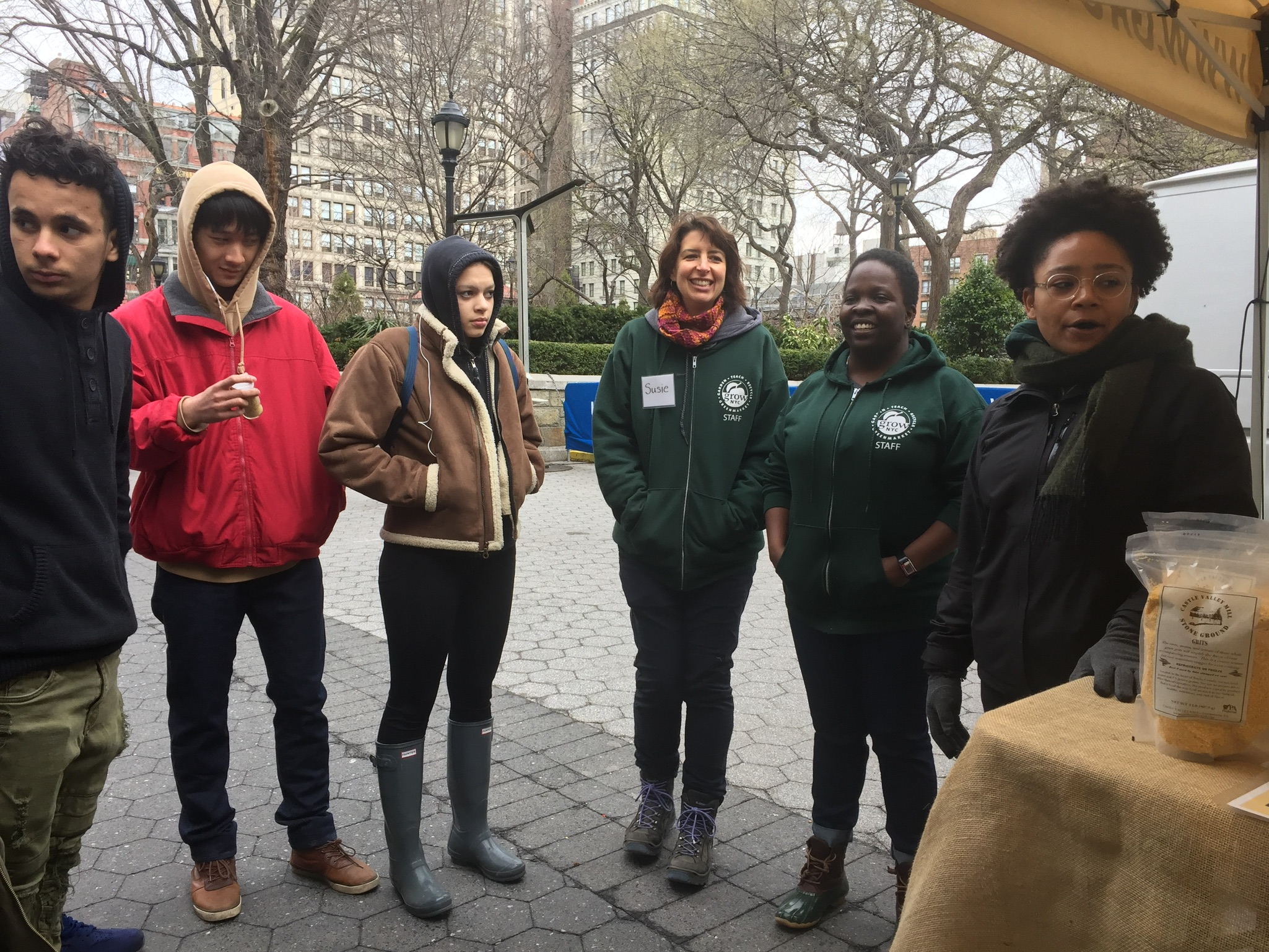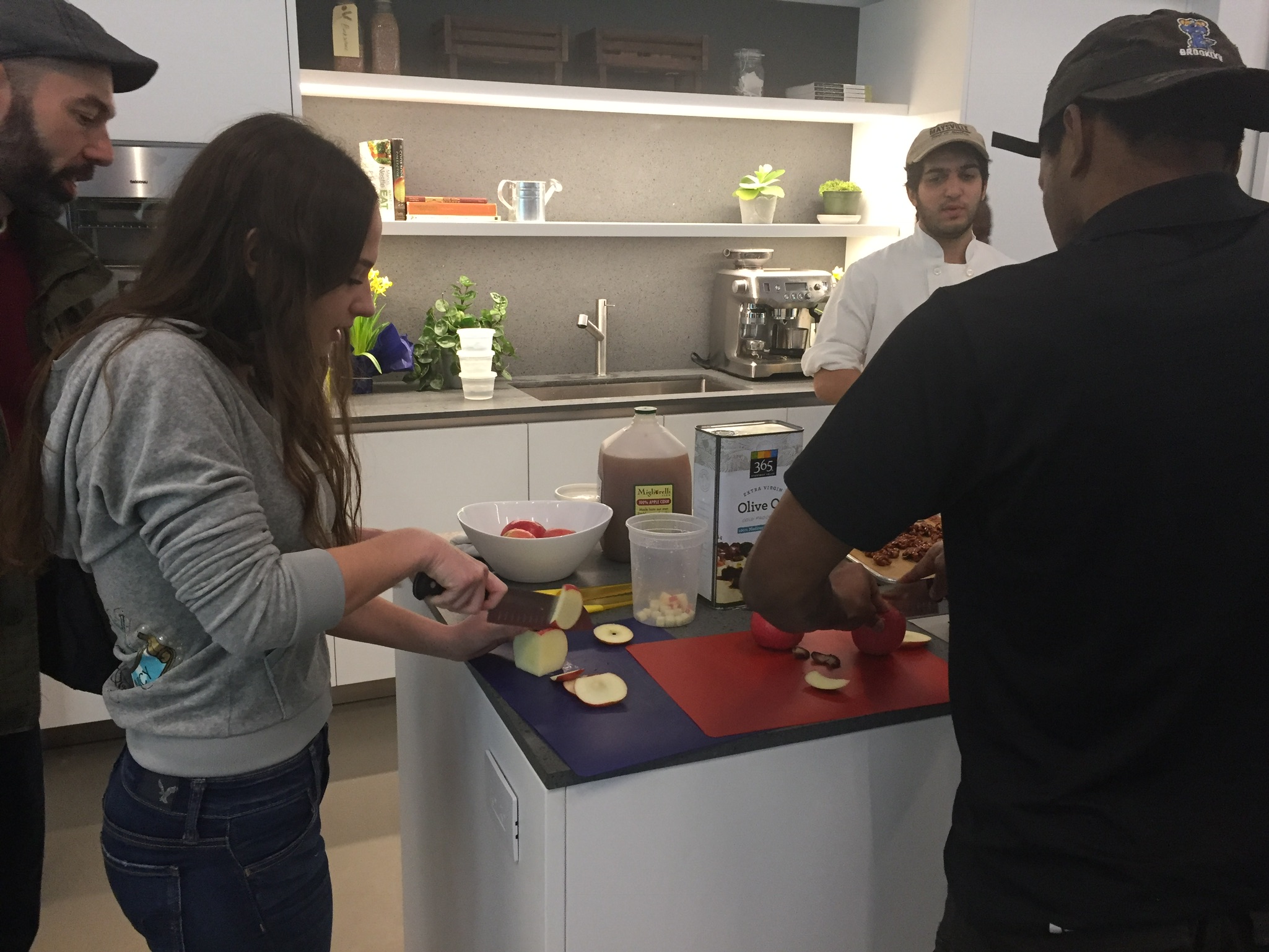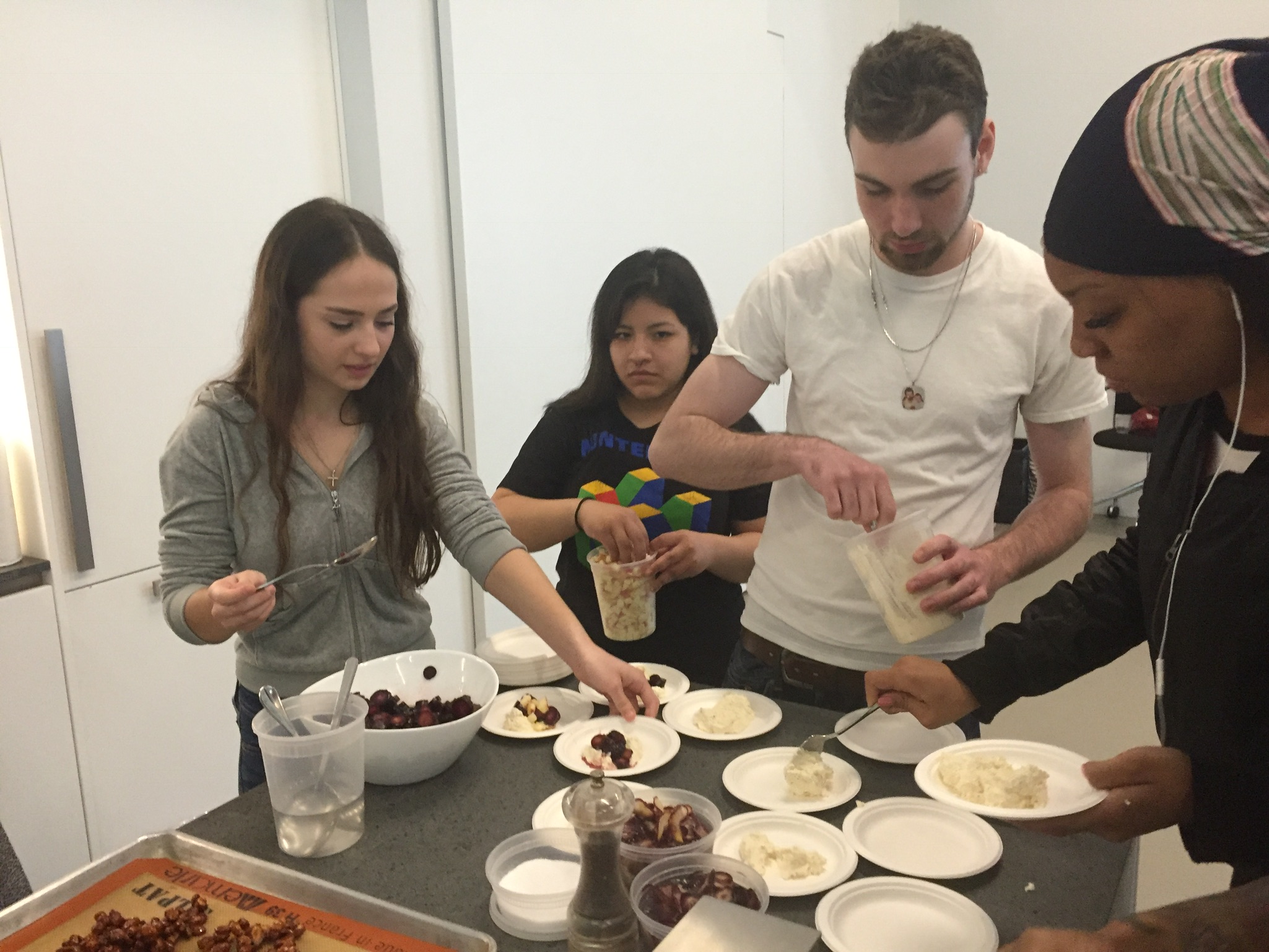Since Hannah graduated, Transfernation has grown immensely. “In the beginning,” she explains, “it was a lot of outreach on our part; a lot of ‘Come work with us, please!’ But now its come to the point where they’ve started reaching out to us.” In the last year and a half alone, they have collected 33,000 pounds of food; a partner church in Harlem recently told Hannah that they have expanded their food program from one day a week to five.
How does the “transfer” of food work?
Volunteers are notified as to when a food pick-up is ready, and they transport the delivery from one party to another. Companies are partnered with a specific church or shelter, making the system much more personal. Hannah describes that the partnership actually goes both ways: “What’s good is that they establish a relationship with each other, to the point where some of the churches will tell the companies what to make.”
Transfernation currently only caters to Manhattan, but they are in the process of expanding to Brooklyn and the Bronx. In fact, an entrepreneurial class at Fordham University is spearheading their Bronx expansion. Hannah, who checks in with the class every Wednesday, said, “The students are getting in touch with the corporations and the shelters, and setting up a volunteer base.”
Additionally, the Transfernation app is being launched in about a month. The app will streamline the pick up and delivery process, making it easier to bring the business to other cities. When asked if she thinks this organization would ever move outside of New York, Hannah said, “We are working on trying to expand to Washington D.C., but I see this as something that could be in the whole of the U.S.”
Not only does Hannah hope that Transfernation will one day be nationwide, but she is determined to make food waste a thing of the past. “I think food waste is something that can be solved in our lifetime. There will always be waste, but you can really cut it down if you have a process in place.”
We couldn’t agree more with Hannah, and we are looking forward to what Transfernation has in store for the future. Lucky for us, Hannah will be featured as a guest lecturer in our partner high schools this fall. We’ll be sure to update you on the conversations that are had in the classroom!
